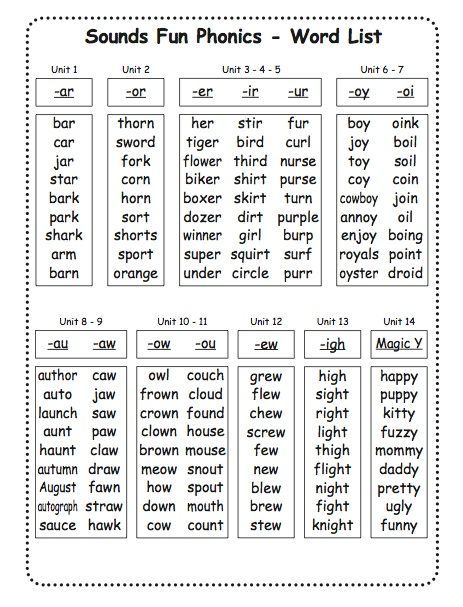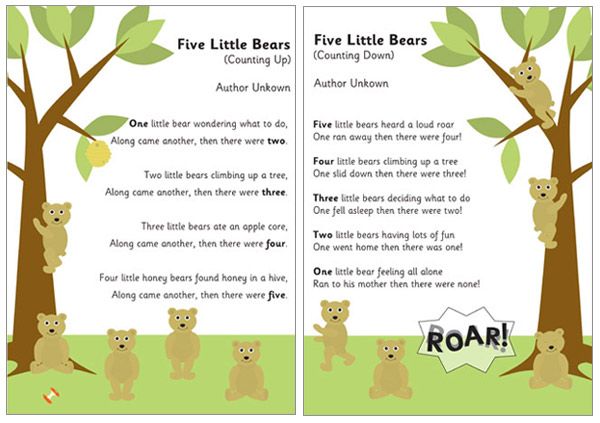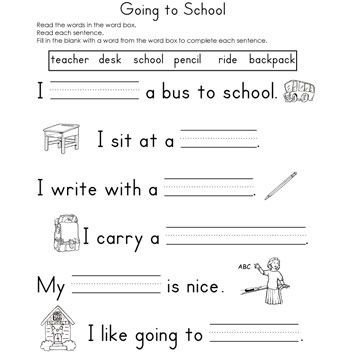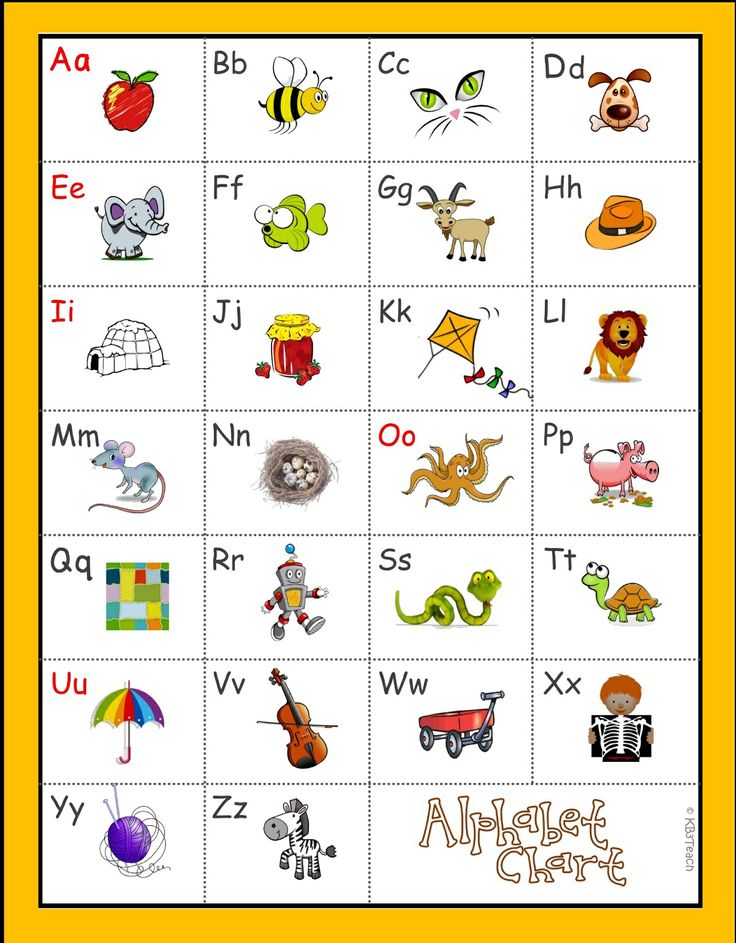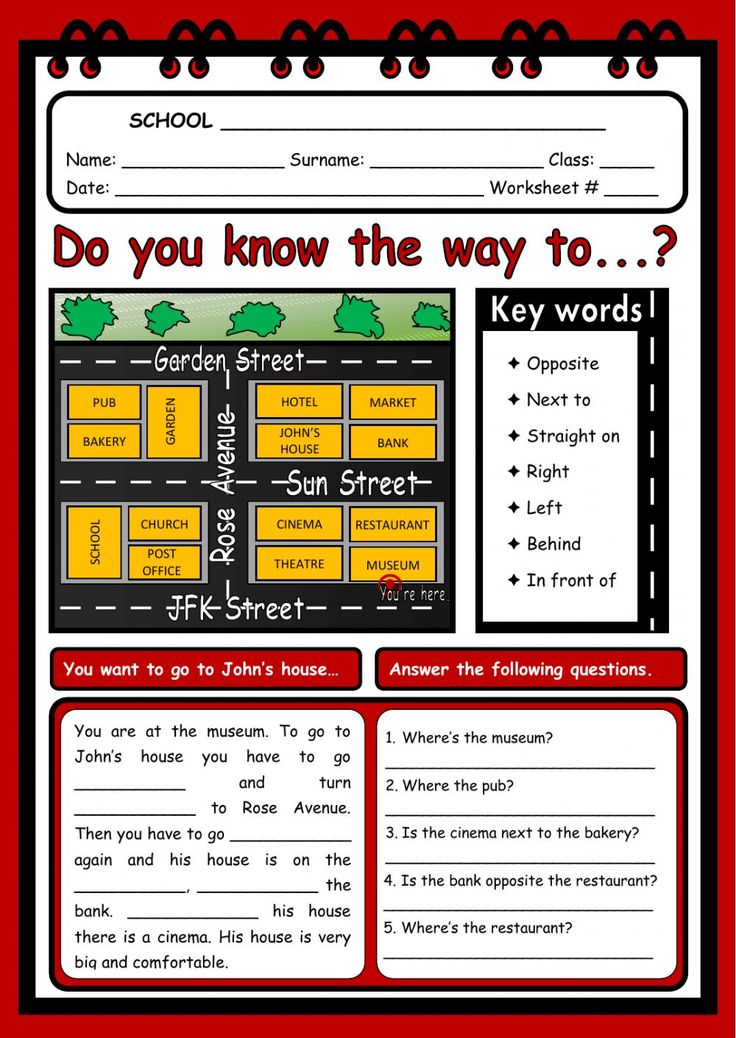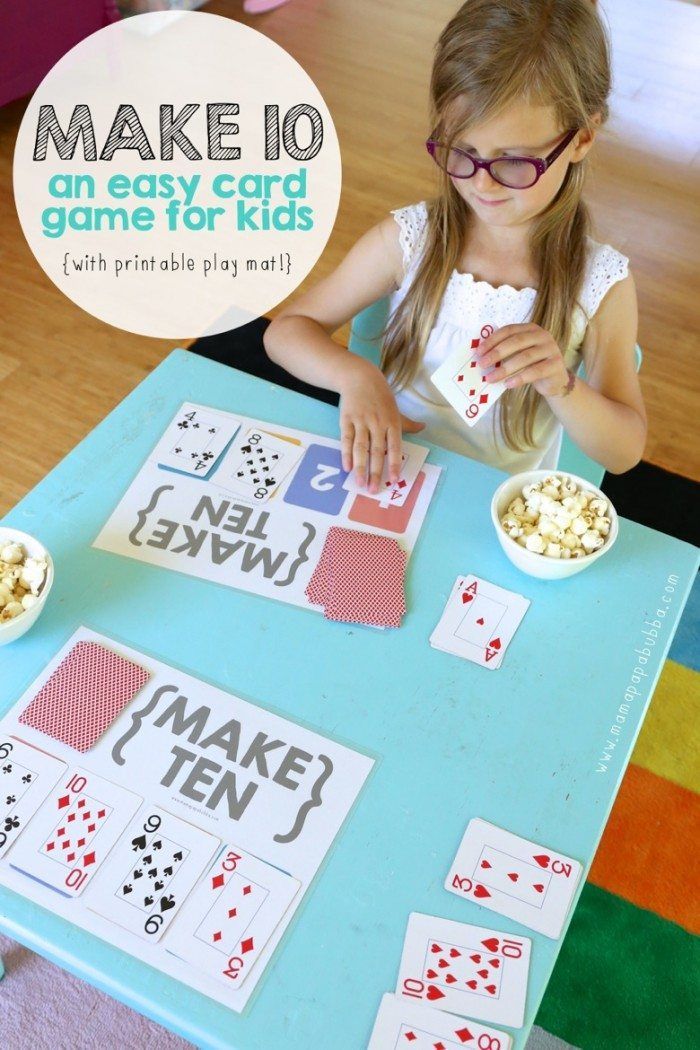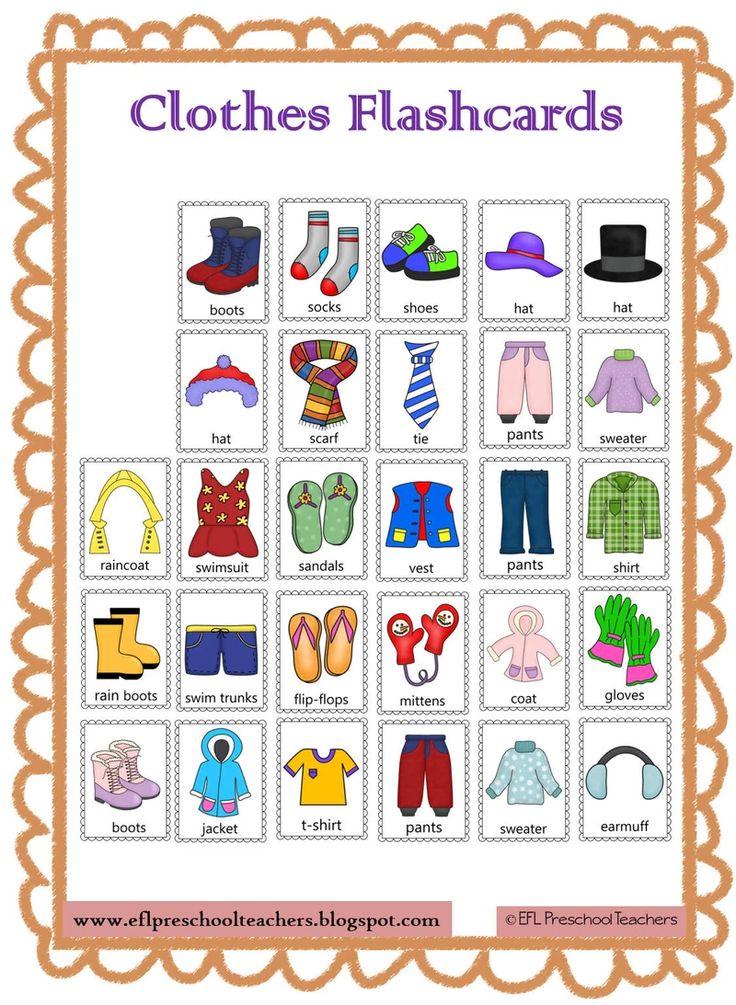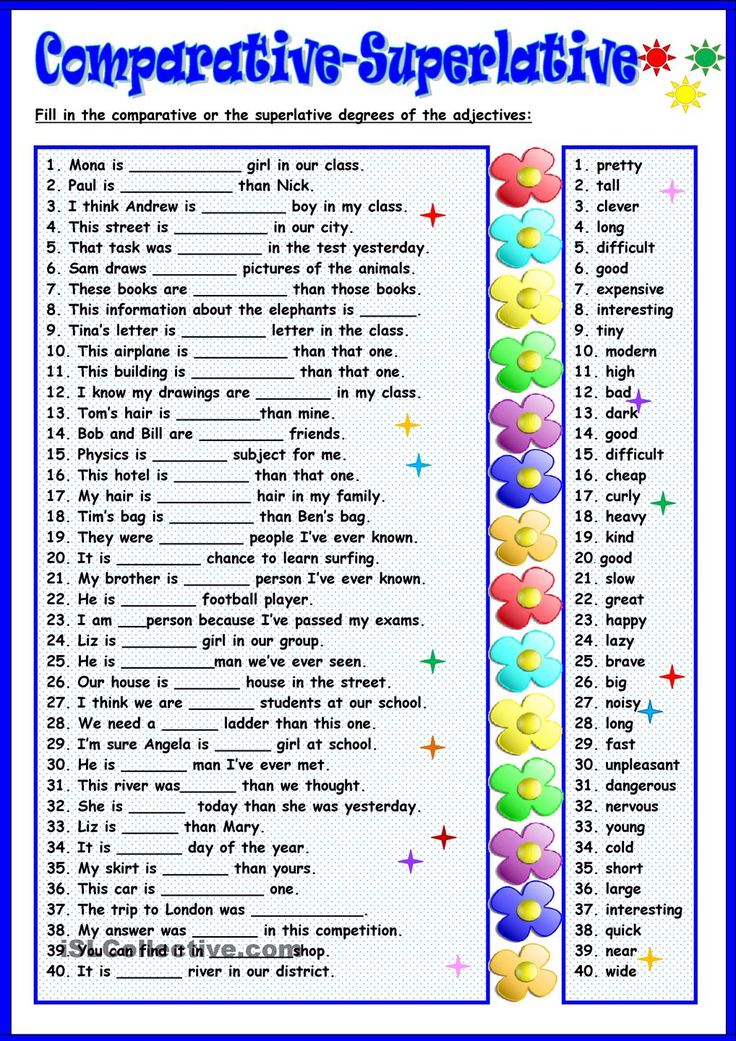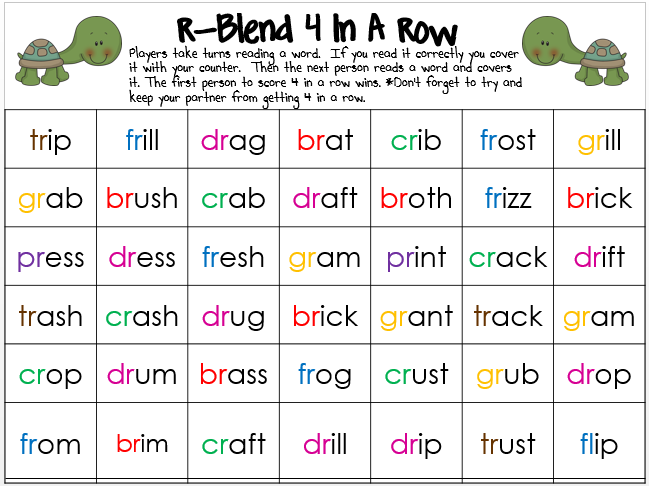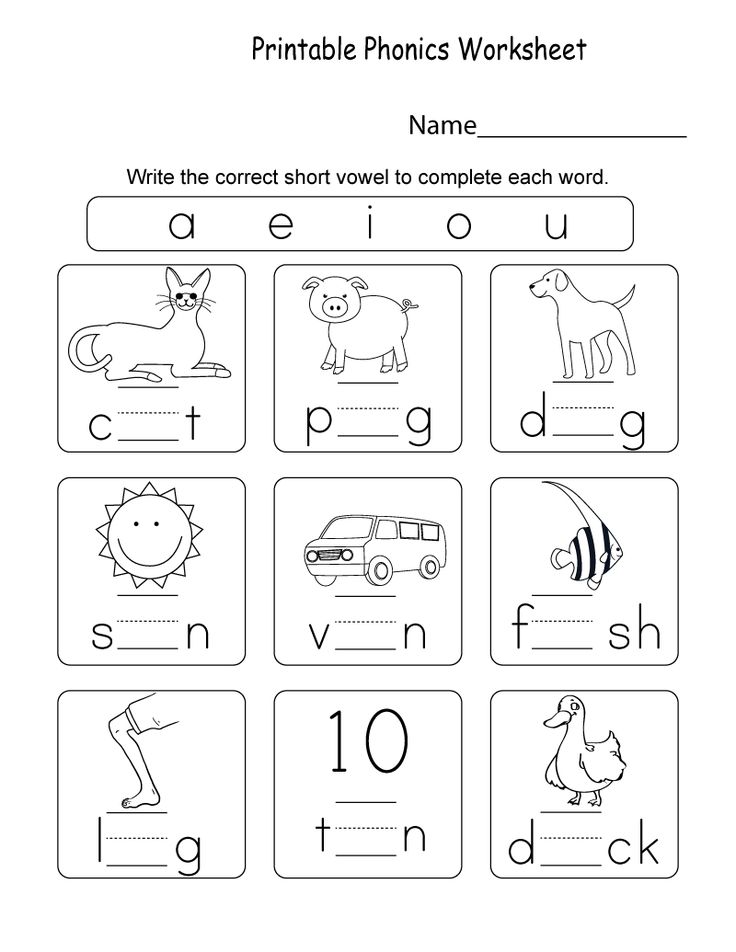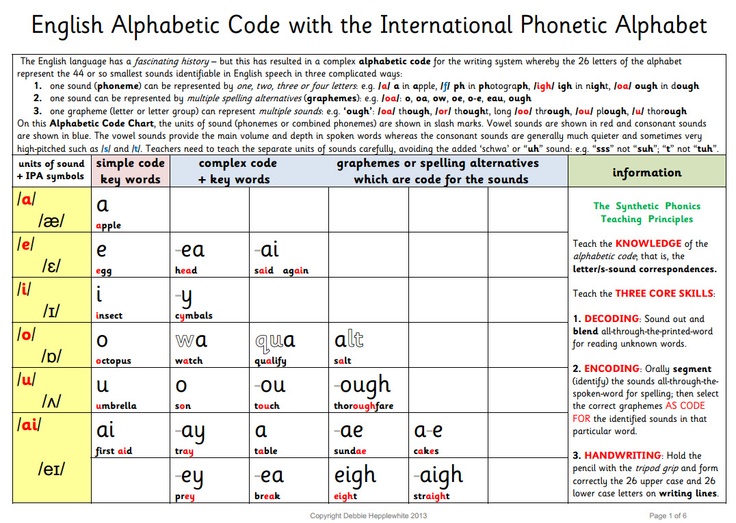Easy rhyming words for kids
List of Rhyming Words for Kids: Early Language Development
We all have memories of our childhood learning nursery rhymes and rhyming stories. Some people still remember the whole rhyming poem with the tone of it, this teaches us that rhyming words for kids are essential objects to develop early language abilities such as listening and speaking. Children with strong language abilities are shown to develop rigorous reading and writing skills.
Helping your child with recognition and identification of rhyming words helps them dually with verbal language polishing and the variety of vocabulary of the language. Introducing rhyming words to your younger ones also helps them with literacy in that language. Children learn to rhyme in three stages, they are not distinct from each other as they overlap with each other.
Learning courses for your kids! Get free trial here
Also read: Simple English Words for Daily Use for Kids: List Of Words for Kids to Use Daily
- Exposure – Introducing them with rhyming words can be as simple as singing a nursery song, hearing the particular pattern in the song can aid the learning of the song by the kid.
Exposing them to a variety of rhyming songs while reading and singing them together.
- Recognition – After singing and hearing the song child should be able to recognize the pattern of the rhyme also called rhyme recognition.
- Production – After exposure and recognition of rhymes your child will be able to produce rhyme themselves. Asking questions to rhyme simple daily used words such as jug, door, the cup will make them curious to explore more.
Also read: Opposite Words in English for Kids: Ways to Help them Improve their Vocabulary
How to Teach –
Many methods and materials are available to start the learning with rhyme for kids. Using multiple ways to teach them the concept of rhyming and introducing them with new words works better and kids also enjoy it.
Following are the common ways that can be used as an introduction with rhyming words for your kid list.
- Reading rhyme books, poems, and songs.
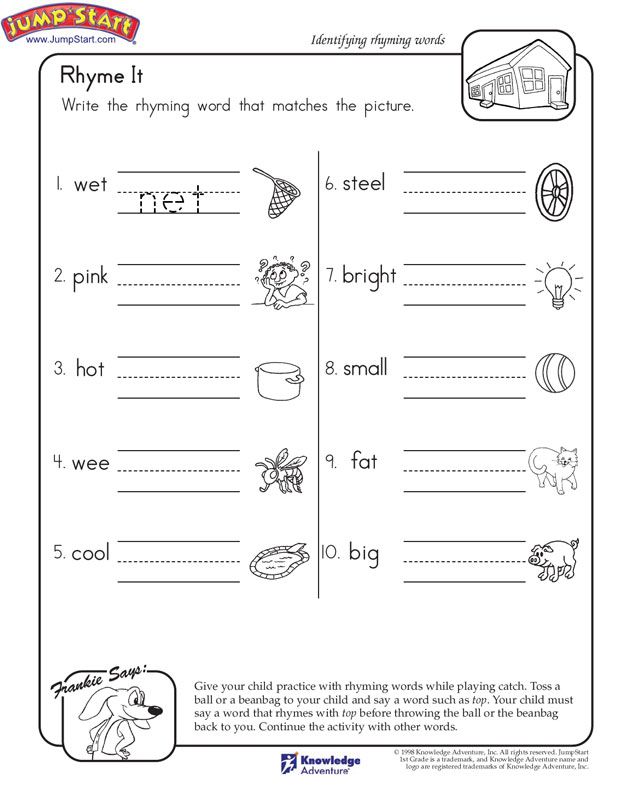
- Puzzles containing rhyming words.
- Clipping cards
- Lap books
- Rhyming dictionaries
Also read: Jolly Phonics Tricky Words for Kids: How to Teach Them to Kids?
List of Rhyming Words for Kids –
The following list of rhyming words is useful for nursery level and first-grade kids, as your child makes gradual improvement you can switch into more complex rhymes.
A) Rhyming words with “at”
- Bat
- Cat
- Fat
- Hat
- Mat
- Pat
- Rat
- Sat
- Vat
- Slat
- Brat
- Flat
- Chat
- Splat
- That
B) Rhyming words with “an”
- Ban
- Can
- Fan
- Man
- Pan
- Ran
- Tan
- Van
- Flan
- Plan
- Span
- Scan
C) Rhyming Words with “ab”
- Cab
- Dab
- Drab
- Fab
- Flab
- Grab
- Jab
- Nab
- Lab
- Slab
- Tab
- Crab
D) Rhyming Words with “ad”
- Add
- Bad
- Clad
- Dad
- Fad
- Had
- Lad
- Mad
- Pad
- Rad
- Sad
E) Rhyming Words with “all”
- Ball
- Call
- Fall
- Hall
- Mall
- Shawl
- Tall
- Wall
- Thrall
- Gall
F) Rhyming Words with “ag”
- Bag
- Flag
- Drag
- Gag
- Hag
- Nag
- Rag
- Sag
- Tag
- Wag
G) Rhyming Words with “ip”
- Ship
- Chip
- Clip
- Dip
- Drip
- Flip
- Grip
- Hip
- Kip
- Lip
- Nip
- Pip
- Rip
- Sip
- Slip
- Skip
- Snip
- Tip
- Trip
- Zip
H) Rhyming Words with “ap”
- App
- Cap
- Clap
- Flap
- Gap
- Lap
- Map
- Nap
- Rap
- Scrap
- Slap
- Snap
- Strap
- Snap
- Tap
- Trap
I) Rhyming Words with “id”
- Bid
- Did
- Hid
- Kid
- Lid
- Mid
- Rid
- Sid
- Grid
- Slid
- Skid
- Squid
J) Rhyming Words with “op”
- Bop
- Cop
- Crop
- Clop
- Drop
- Flop
- Hop
- Mop
- Plop
- Prop
- Shop
- Stop
- Swap
- Top
K) Rhyming Words with “am”
- Clam
- Cram
- Dam
- Gram
- Ham
- Jam
- Lamb
- Ram
- Slam
- Spam
- Tram
L) Rhyming Words with “ig”
- Big
- Dig
- Fig
- Gig
- Pig
- Rig
- Twig
- Swig
- Wig
- Brig
M) Rhyming Words with “ar”
- Are
- Bar
- Car
- Far
- Jar
- Scar
- Star
- Tar
- Ajar
- Guitar
N) Rhyming Words with “aw”
- Awe
- Caw
- Claw
- Draw
- Flaw
- Paw
- Raw
- Saw
- Straw
- Thaw
O) Rhyming Words with “ay”
- Bay
- Clay
- Day
- Gray
- Hay
- Jay
- Lay
- May
- Pay
- Play
- Pray
- Say
- Stay
- Spray
- Sway
- They
- Way
- Trap
Learning courses for your kids! Get free trial here
P) Rhyming words with “ell”
- Bell
- Cell
- Dell
- Fell
- Gel
- Sell
- Shell
- Smell
- SpellPTell
- Well
- Yell
Q) Rhyming words with “en”
- Den
- Men
- Pen
- Ten
- Then
- When
- Wren
- Zen
- Ben
- Ken
R) Rhyming words with “et”
- Bet
- Get
- Jet
- Let
- Met
- Net
- Pet
- Set
- Wet
- Yet
S) Rhyming words with “ew”
- Blue
- Blew
- Brew
- Chew
- Clue
- Crew
- Cue
- Dew
- Drew
- Ewe
- Flew
- Glue
- Grew
- Knew
- New
- Phew
- Shoe
- Shoo
- Stew
- Through
- Threw
- True
- Two
- View
- You
- Who
- Zoo
T) Rhyming Words with “in”
- Bin
- Chin
- Din
- Fin
- Grin
- Inn
- Pin
- Shin
- Skin
- Spin
- Twin
- Thin
- Tin
- Win
U) Rhyming Words with “it”
- Bit
- Fit
- Hit
- Kit
- Knit
- Lit
- Mit
- Nit
- Pit
- Sit
- Quit
- Skit
- Slit
- Spit
V) Rhyming Words with “od”
- Cod
- Bod
- Odd
- Nod
- Plod
- Prod
- Rod
- Squad
- Trod
- Pod
W) Rhyming words with “og”
- Bog
- Blog
- Cog
- Clog
- Dog
- Fog
- Frog
- Hog
- Jog
- Log
X) Rhyming words with “op”
- Top
- Chop
- Cop
- Crop
- Drop
- Flop
- Hop
- Mop
- Pop
- Shop
- Stop
Y) Rhyming words with “ot”
- Blot
- Cot
- Clot
- Dot
- Got
- Hot
- Knot
- Not
- Plot
- Pot
- Rot
- Shot
- Spot
Z) Rhyming words with “ow”
- Bow
- Brow
- Cow
- How
- Now
- Pow
- Sow
- Row
- Vow
- Wow
Conclusion
The rhyming words occupy the majority of our childhood, teaching kids nursery rhymes makes them more receptive and fun to learn.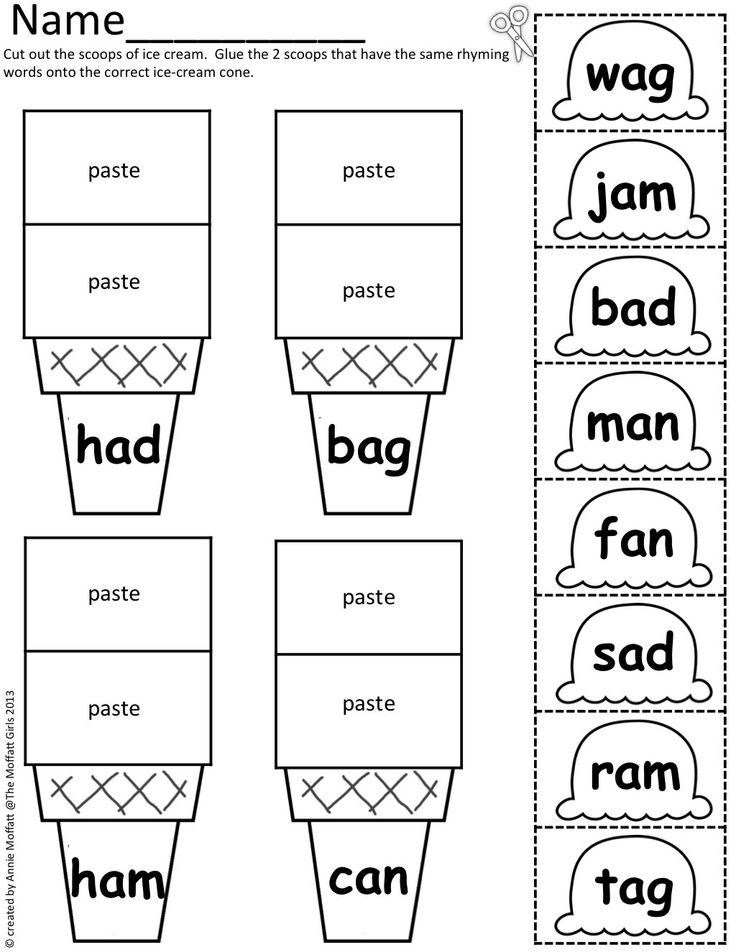 Learning rhymes is way more than just learning the words, it helps children with language development which is considered as one of the vital skills of communication, making them language smart. The successful implication of these rhyme words in front of the children can make them smart in spoken language.
Learning rhymes is way more than just learning the words, it helps children with language development which is considered as one of the vital skills of communication, making them language smart. The successful implication of these rhyme words in front of the children can make them smart in spoken language.
Building a rhyming skill little by little through nursery rhymes, reading rhyming stories, everyday object rhyming, and including other activities such as lap book, puzzles, word games. Teaching your kid rhyme words will solidify the foundation of their literacy, and give them an advantage of developed language skills. Hopefully, you found this article helpful. You can share your view with us by commenting in the below box.
Also read: Why do Kids Today have to Learn about Verbs, Adverbs, Pronouns etc? Why is Grammar Important?
Rhyming Words for Kids (Complete List)
Many of us have fond memories of learning nursery rhymes and rhyming stories when we were children.
These tales are important because they expose children to rhyme, which is essential for language development. Children who have strong early language abilities, including listening and speaking, are shown to develop more robust reading and writing skills.
Helping your child recognize and use rhyme will help them first with their verbal language and then with their literacy. Introducing rhyming words for kids is an excellent way to do that.
Table of Contents
- How Do You Teach Rhyming Words To Children?
- Rhyming Words For Kindergarten
- Rhyming Words For First Grade And Older
- Any Time Can Be Rhyme Time
How Do You Teach Rhyming Words To Children?
Children learn about rhyme in three stages, although there is much overlap as they move from one step to another.
Rhyme Exposure
This is when your child hears rhyming words. This can be in songs while reading rhyming together, or elsewhere.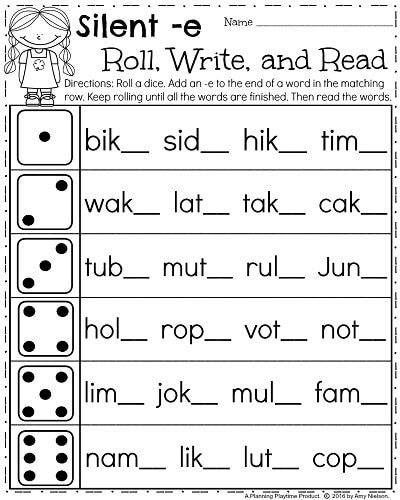 At this stage, you should point out rhyming words to your child.
At this stage, you should point out rhyming words to your child.
Rhyme Recognition
Once your child hears a rhyme and points it out, they have reached the stage of rhyme recognition.
Rhyme Production
Finally, your child will be able to produce rhyme themselves. They may take great pride in asking you questions, such as, “Do you know what rhymes with door? More!”
While this may seem like a small thing to you, to them it’s big. Make sure to show them that you’re impressed with their newly-found knowledge.
Ways To Teach Rhyming Words
Make learning to rhyme fun by using some of these methods.
Share Rhyme In Books, Poems, And Songs
Reading rhyming books and poems and singing together will expose your child to rhymes in a fun, relaxing way. Read the complete story or sing the entire song first and then go back and point out the rhymes.
Then, when your child is aware of the concept of rhyming, ask them to point out the pairs of rhyming words they hear or read.
Once your child is familiar with rhymes, read or sing, but don’t say the second rhyming word. Instead, ask your child to provide a suitable rhyme.
Puzzles
Rhyme word puzzles are a fun way for your child to practice pairing up rhyming words.
Clip Cards
Not all rhyming words have the same spelling at the end. To prevent your child from becoming confused by the spelling, use peg cards where your child picks the correct rhyme according to the picture.
Lap Books
Create nursery rhyme lap-books with your child. First, print out the standard nursery rhyme and then have your child replace the original word with another of their own that rhymes.
Rhyming Dictionaries
Help your child find suitable rhyming words with a rhyming dictionary. These can be immensely helpful no matter what age you are, especially if you are a teacher, writer, or write lyrics for songs.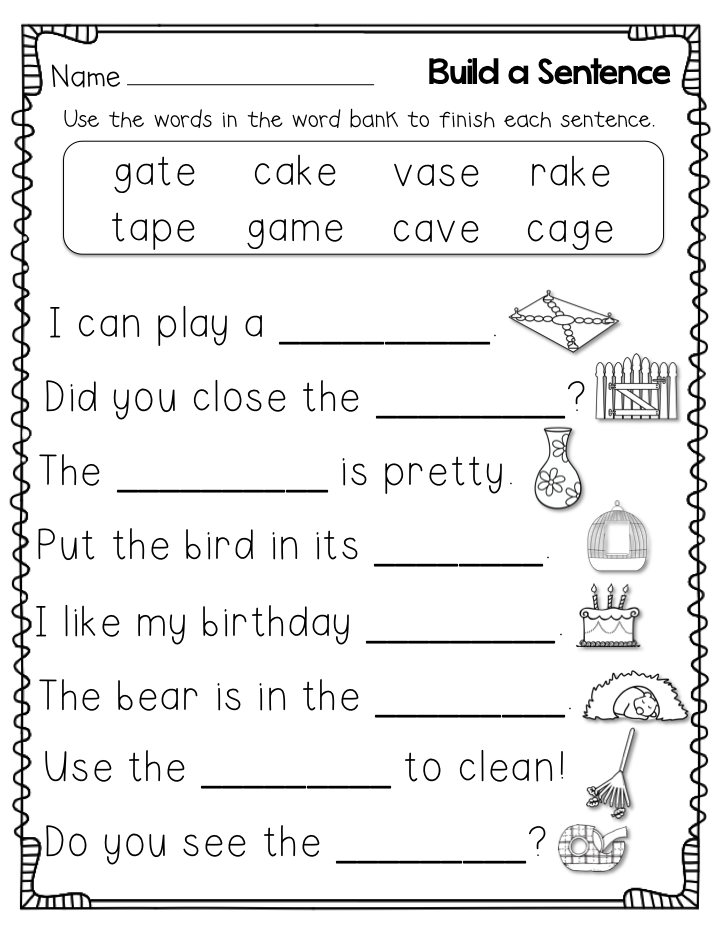
Rhyming Words For Kindergarten
These are great options for those who are younger than kindergarten or those who are still working on completing that first year in school. These are simple words that won’t be too challenging for this age.
Words That Rhyme With At
- Bat
- Cat
- Fat
- Hat
- Mat
- Pat
- Rat
- Sat
- Vat
- Slat
- Brat
- Flat
- Chat
- Splat
- That
Words That Rhyme With An
- Ban
- Can
- Fan
- Man
- Pan
- Ran
- Tan
- Van
- Flan
- Plan
- Span
- Scan
Words That Rhyme With Ab
- Cab
- Dab
- Drab
- Fab
- Flab
- Grab
- Jab
- Nab
- Lab
- Slab
- Tab
- Crab
Words That Rhyme With Ad
- Add
- Bad
- Clad
- Dad
- Fad
- Had
- Lad
- Mad
- Pad
- Rad
- Sad
Words That Rhyme With All
- Ball
- Call
- Fall
- Hall
- Mall
- Shawl
- Tall
- Wall
- Thrall
- Gall
Words That Rhyme With Ag
- Bag
- Flag
- Drag
- Gag
- Hag
- Nag
- Rag
- Sag
- Tag
- Wag
Words That Rhyme With Ip
- Ship
- Chip
- Clip
- Dip
- Drip
- Flip
- Grip
- Hip
- Kip
- Lip
- Nip
- Pip
- Rip
- Sip
- Slip
- Skip
- Snip
- Tip
- Trip
- Zip
Words That Rhyme With Ap
- App
- Cap
- Clap
- Flap
- Gap
- Lap
- Map
- Nap
- Rap
- Scrap
- Slap
- Snap
- Strap
- Snap
- Tap
- Trap
Words That Rhyme With Id
- Bid
- Did
- Hid
- Kid
- Lid
- Mid
- Rid
- Sid
- Grid
- Slid
- Skid
- Squid
Words That Rhyme With Op
- Bop
- Cop
- Crop
- Clop
- Drop
- Flop
- Hop
- Mop
- Plop
- Prop
- Shop
- Stop
- Swap
- Top
Words That Rhyme With Am
- Clam
- Cram
- Dam
- Gram
- Ham
- Jam
- Lamb
- Ram
- Slam
- Spam
- Tram
Words That Rhyme With Ig
- Big
- Dig
- Fig
- Gig
- Pig
- Rig
- Twig
- Swig
- Wig
- Brig
Words That Rhyme With Ar
- Are
- Bar
- Car
- Far
- Jar
- Scar
- Star
- Tar
- Ajar
- Guitar
Words That Rhyme With Aw
- Awe
- Caw
- Claw
- Draw
- Flaw
- Paw
- Raw
- Saw
- Straw
- Thaw
Words That Rhyme With Ay
- Bay
- Clay
- Day
- Gray
- Hay
- Jay
- Lay
- May
- Pay
- Play
- Pray
- Say
- Stay
- Spray
- Sway
- They
- Way
- Tray
Words That Rhyme With Ell
- Bell
- Cell
- Dell
- Fell
- Gel
- Sell
- Shell
- Smell
- Spell
- Tell
- Well
- Yell
Words That Rhyme With En
- Den
- Men
- Pen
- Ten
- Then
- When
- Wren
- Zen
- Ben
- Ken
Words That Rhyme With Et
- Bet
- Get
- Jet
- Let
- Met
- Net
- Pet
- Set
- Wet
- Yet
Words That Rhyme With Ew
- Blue
- Blew
- Brew
- Chew
- Clue
- Crew
- Cue
- Do
- Dew
- Drew
- Ewe
- Flew
- Glue
- Grew
- Knew
- New
- Phew
- Shoe
- Shoo
- Stew
- Through
- Threw
- True
- Two
- View
- You
- Who
- Zoo
Words That Rhyme With In
- Bin
- Chin
- Din
- Fin
- Grin
- Inn
- Pin
- Shin
- Skin
- Spin
- Twin
- Thin
- Tin
- Win
Words That Rhyme With It
- Bit
- Fit
- Hit
- Kit
- Knit
- Lit
- Mit
- Nit
- Pit
- Sit
- Quit
- Skit
- Slit
- Spit
Words That Rhyme With Od
- Cod
- Bod
- Odd
- Nod
- Plod
- Prod
- Rod
- Squad
- Trod
- Pod
Words That Rhyme With Og
- Bog
- Blog
- Cog
- Clog
- Dog
- Fog
- Frog
- Hog
- Jog
- Log
Words That Rhyme With Op
- Top
- Chop
- Cop
- Crop
- Drop
- Flop
- Hop
- Mop
- Pop
- Shop
- Stop
Words That Rhyme With Ot
- Blot
- Cot
- Clot
- Dot
- Got
- Hot
- Knot
- Not
- Plot
- Pot
- Rot
- Shot
- Spot
Words That Rhyme With Ow
- Bow
- Brow
- Cow
- How
- Now
- Pow
- Sow
- Row
- Vow
- Wow
Rhyming Words For First Grade And Older
These are useful rhyming words for first graders and above with an expanding skillset.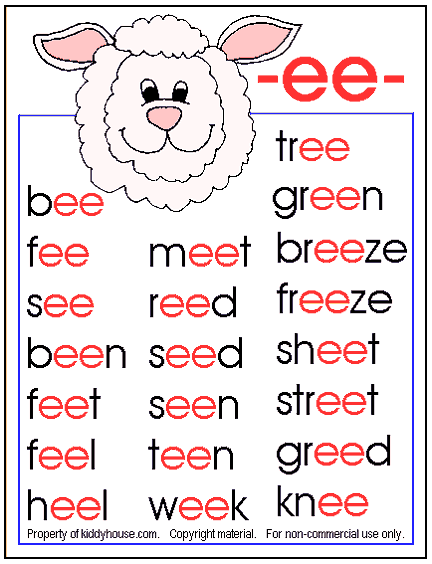
Words That Rhyme With Ake
- Ache
- Bake
- Cake
- Brake
- Break
- Fake
- Flake
- Lake
- Make
- Quake
- Rake
- Sake
- Take
- Sneak
- Steak
- Stake
- Wake
Words That Rhyme With Ale
- Bail
- Bale
- Kale
- Dale
- Fail
- Hail
- Male
- Nail
- Pail
- Pale
- Rail
- Sail
- Snail
- Sale
- Stale
- Tail
- Tale
- Trail
- Whale
- Detail
- Toenail
Words That Rhyme With Ain
- Brain
- Cane
- Chain
- Crane
- Drain
- Gain
- Grain
- Lane
- Mane
- Main
- Pane
- Pain
- Plain
- Plane
- Reign
- Rain
- Sprain
- Stain
- Strain
- Train
- Again
Words That Rhyme With Or
- Door
- Chore
- Core
- Four
- For
- Sore
- Floor
- Door
- More
- Oar
- Snore
- Soar
- Store
- Score
Words That Rhyme With School
- Cool
- Cruel
- Drool
- Fool
- Fuel
- Ghoul
- Jewel
- Mule
- Pool
- Spool
- Tool
- Who’ll
- You’ll
- Yule
Any Time Can Be Rhyme Time
Whether you are playing rhyme I-spy, singing nursery rhymes, or reading a book of children’s poems, the time you spend sharing rhymes with your child is helping them develop spoken language.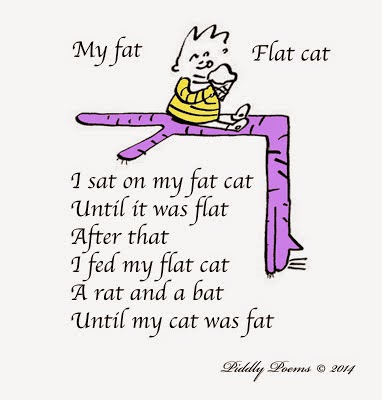
Build a little rhyme time into every day and give your child an advantage.
Introducing rhyming words is an excellent way to lay a solid foundation for literacy.
Feedback: Was This Article Helpful?
Thank You For Your Feedback!
Thank You For Your Feedback!
What Did You Like?
What Went Wrong?
rhymes | Speech therapy for all
Sep 20, 2011, the author Ekaterina
developed a speech therapist
Kondrashova Galina Nikolaevna
MDOU “Children's Garden No. 3” 9000 9000 9000 9000 9000 9000 9000 9000 9000 9000 9000 9000 9000 9000 9000 9000 9000 9000 9000 9000 9000 The game "Rhymes"
We played rhymes - we picked up words.
Let's play with you now.
Show a picture and suggest a word -
Which one we will take with us.
I’ll say an accordion, and you tell me ... (potato),
I’m holding a shirt, you see .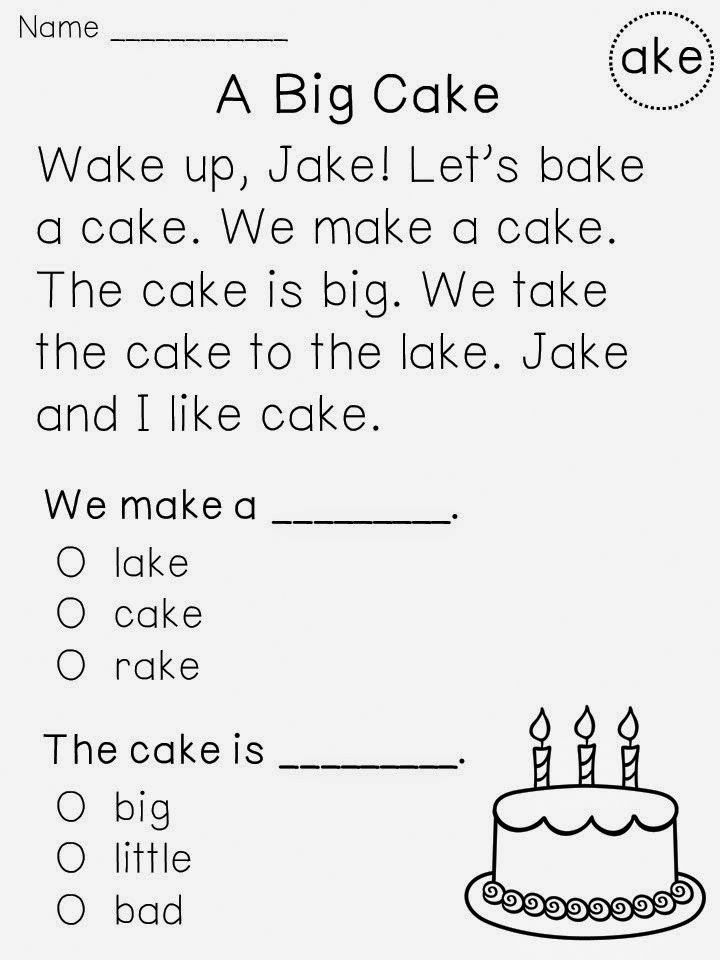 .. (a bug),
.. (a bug),
I took a basket, you bought ... (a picture).
I see: a ram is grazing in the field,
And a little boy is carrying - ... (drum),
An ant is crawling along the path with a reed,
And after him flies ... (sparrow).
Violinist gives us concerts on "Bis"0003
All children are treated by our…(doctors).
Game " Good Elephant".
A good elephant lived in the world,
He wrote stories.
He wrote good books,
And gave them to his friends.
He liked to play rhymes,
So that he would not be bored with his friends.
Here is a picture, here... (basket, car, etc.),
Here is a camomile, here is ... (bug, piece of paper),
Here is my house, here is yours ... (volume, catfish),
Here is a cannon, here is .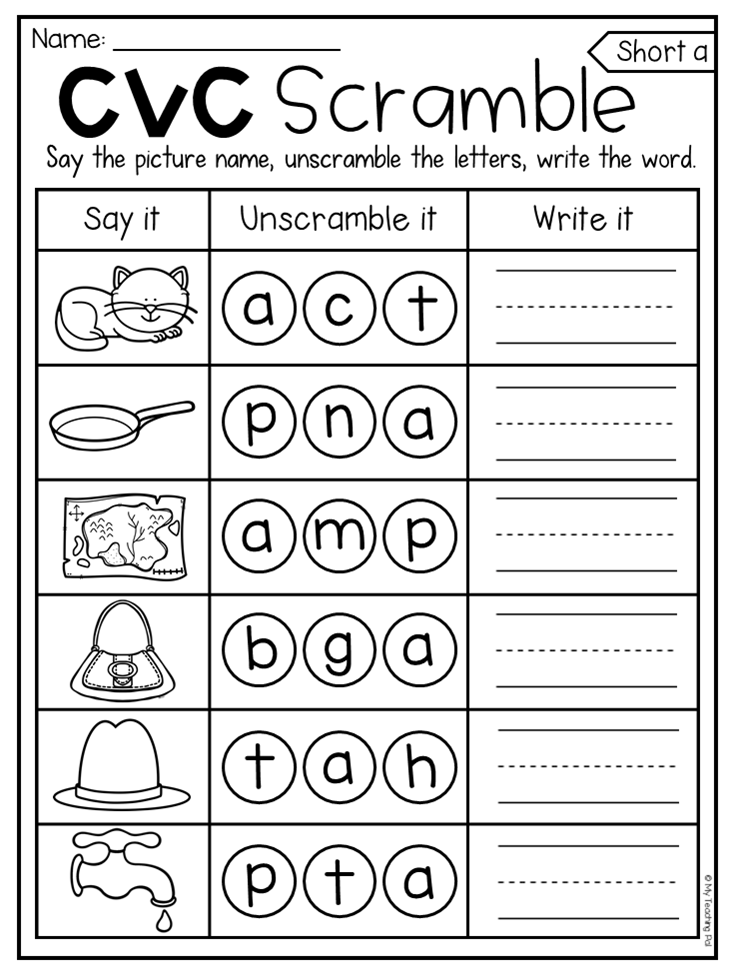 .. (fly, drying, mug),
.. (fly, drying, mug),
Here is a donut for you , but ... (book, mouse, lid),
Here is a neighbor, but ... (lunch, clarinet, vinaigrette).
So that we don't get bored,
We'll pick up rhymes.
(The game can continue indefinitely until the child gets bored.)
Gifts game.
Monkey has a birthday,
Everyone brings congratulations:
The cockerel brought her a cannon,
And the horse - ... (cracker, rattle, spinner, etc.).
White bear - chocolate,
A Hedgehog - ... (marmalade, lemonade, etc.)
The game "We play - we select rhymes."
A monkey and a cuckoo, a cockerel and a cat
We decided to play rhymes with the children a little:
The monkey suggested: a bear, ... (then the children choose pictures).
The cuckoo crowed: reel,…
The cat also purred: hand,…
The cockerel crowed: sack,… .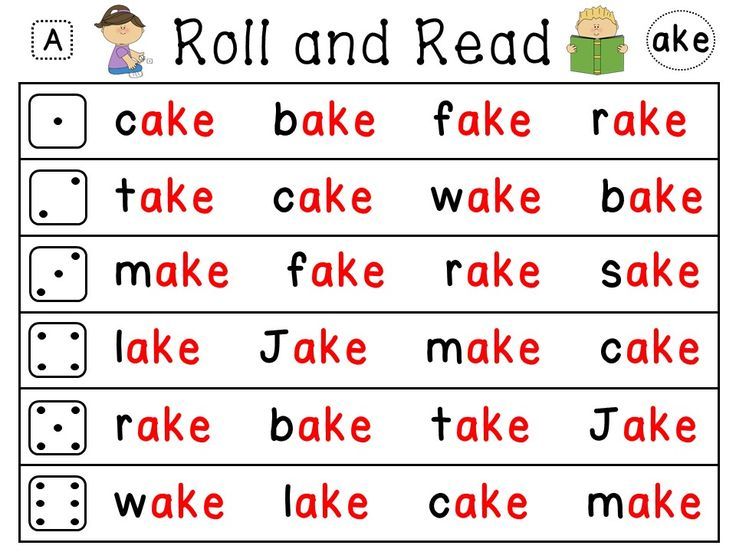
Task: Find rhymes. Children are offered pictures: bear, bump, donut, boy, reel, rattle, pillow, feeder, palm, potato, accordion, midge, bag, pot, strap, top. They choose a picture and substitute the word into the poem.
Miniature rhymes
A mouse rustled in the pantry,
Under the pine lay - ... (cone).
Garik lives in our house,
He has a blue ... (balloon).
Our capricious Masha,
In her plate ... (porridge).
There is an old house in the village,
We got caught in the net - ... (catfish).
They took a volume from the library,
In winter, the guys sculpt - ... (com).
Mice are very fond of cheese,
There are a lot of -… (holes) in good cheese.
The wind blew very strongly,
There was a terrible ... (hum) everywhere.
A sheep lives with a farmer,
Runs in the desert - ... (lizard).
Mom was cleaning the floor,
Dad was waiting: when will .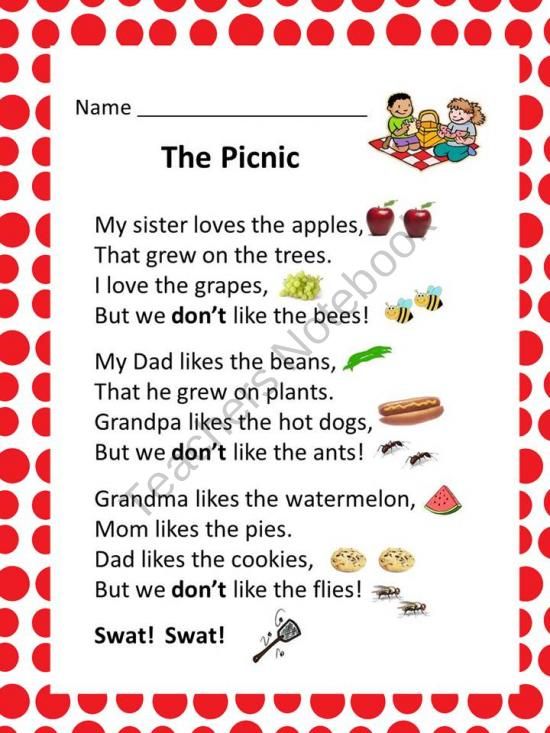 .. (goal).
.. (goal).
A pack fell on the deck,
Because there was - ... (rolling).
A daughter is writing a letter to her mother,
At the end of the story is - ... (dot).
The tailor chose red silk,
So he knows about fashion...
They played in KVN for a day,
Everyone liked the hall - ... (jokes).
There was a nut on the shore,
The fish was dragged away - ... (seagull).
Porridge is smoking in a bowl,
With tea is - ... (a cup).
It was very bad in a fairy tale,
Until a -… (miracle) appeared.
The boy is crying very loudly -
He hurt with glass ... (finger).
Onions grew in the garden,
May ... (beetle) crawled in the garden.
There was not enough honey for the bear,
The bee showed ... (sting).
In the raspberry forest the bear grumbled,
Next to him there was a stream… (murmured).
Arkady slept lightly at night,
He was afraid of the dark. .. (terribly).
.. (terribly).
The athlete put on his jacket,
He holds in his hands ... (racquet).
The children are waiting for the holidays -
Red summer ... (ongoing).
The oldest in the group is Venya,
He has a friend - ... (Zhenya).
Green bunch of parsley
Gluttonous ate ... (bug).
The woman screamed loudly -
Scared her - ... (toad).
People in fairy tales love to feast,
Everyone in the world needs ... (peace).
Concrete is being made at the construction site,
In the subway they will require -…(token).
I bought a fashionable Klim vest,
I bought ... (ticket) to the theater.
There lived a boy Zhora,
He has a little sister... (Laura).
Tanya-baby is the most boastful of all,
On her hat - ... (brooch).
The old leopard dreamed of stars.
He wanted to fly to ... (Mars).
Lost to Seryozha fant,
The girls tied .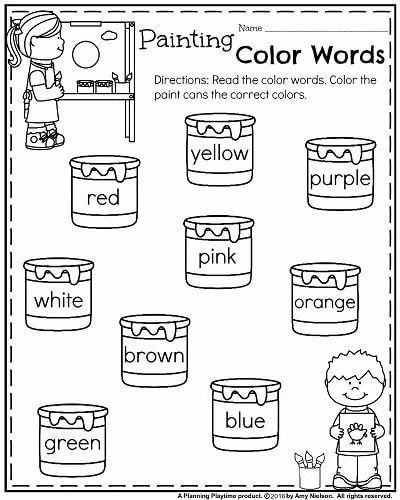 .. (bow).
.. (bow).
A jar fell off the table,
Now Sveta has a pain...(a wound).
Vasya was on duty in the class,
He cleaned the floors with a rag ... (washed).
There lived an old dog in the world,
He regularly served ... (carried).
They gave Ram a pipe,
And a sentry ... (booth).
Ilya has beautiful hair,
And pleasant, resonant… (voice).
The leader issued a victory cry,
Do not interfere with him ... (rain).
You can't take someone else's,
And, of course, you can't ... (lie).
To make the hairstyle glossy,
We will need ... (wax).
Yaga did not get the crown,
Carried her away ... (crow).
The picture was painted by the creator,
He depicted on it ... (palace).
Nightingale can not hear the trill,
Muffles it ... (drill).
I saw a wonderful dream,
That I went to ... (Don).
A dark night has come,
My .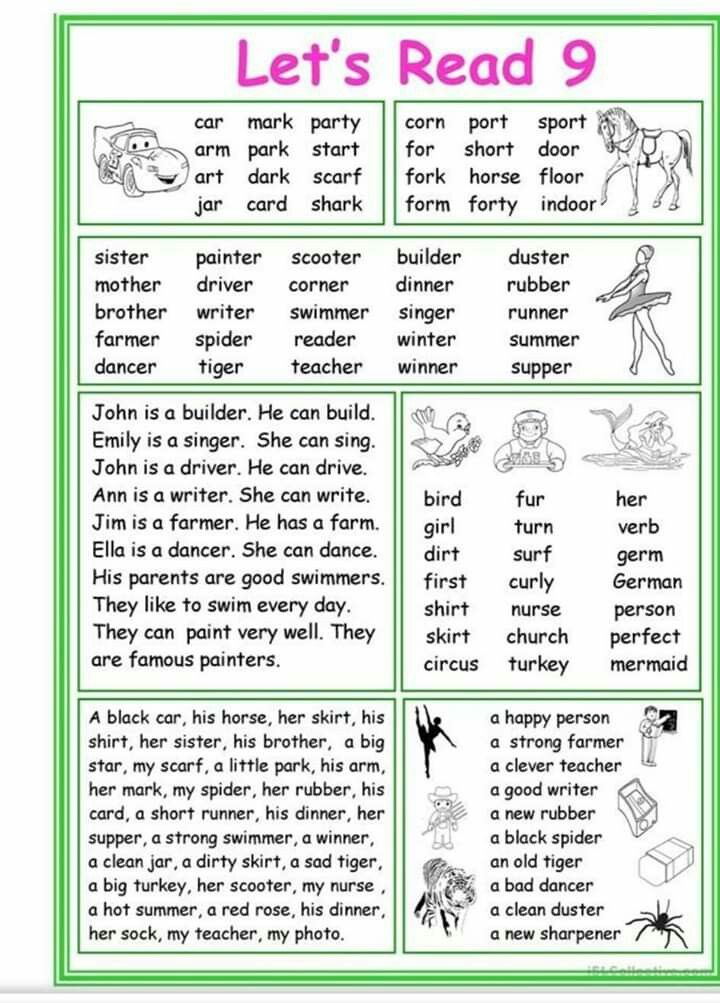 .. (daughter) is falling asleep.
.. (daughter) is falling asleep.
Cat's beautiful paws -
Fluffy shoes (slippers).
Vitya didn't take a satchel to school,
He studied there all day...(dance).
A ship has come to a distant port,
A sailor is carrying a friend...(cake).
The soldier does not need sleds,
He will study ... (tanks).
The incident happened once -
They overturned a copper ... (basin).
Grandfather loves tobacco,
A granddaughter - ... (zucchini).
Exotic mango fruit.
An unfamiliar dance…(tango).
There are bushes in the yard,
They are very…(thick).
There is a hill near the house -
Ice on it ... (crust).
Someone dug a big grotto-
It turned out to be ... (mole).
A goose lives in the poultry house,
Runs in the forest ... (hare).
Glasha danced the polka,
She sang a song loudly ... (Klasha).
Grandfather went to chop wood,
And grandma - onions .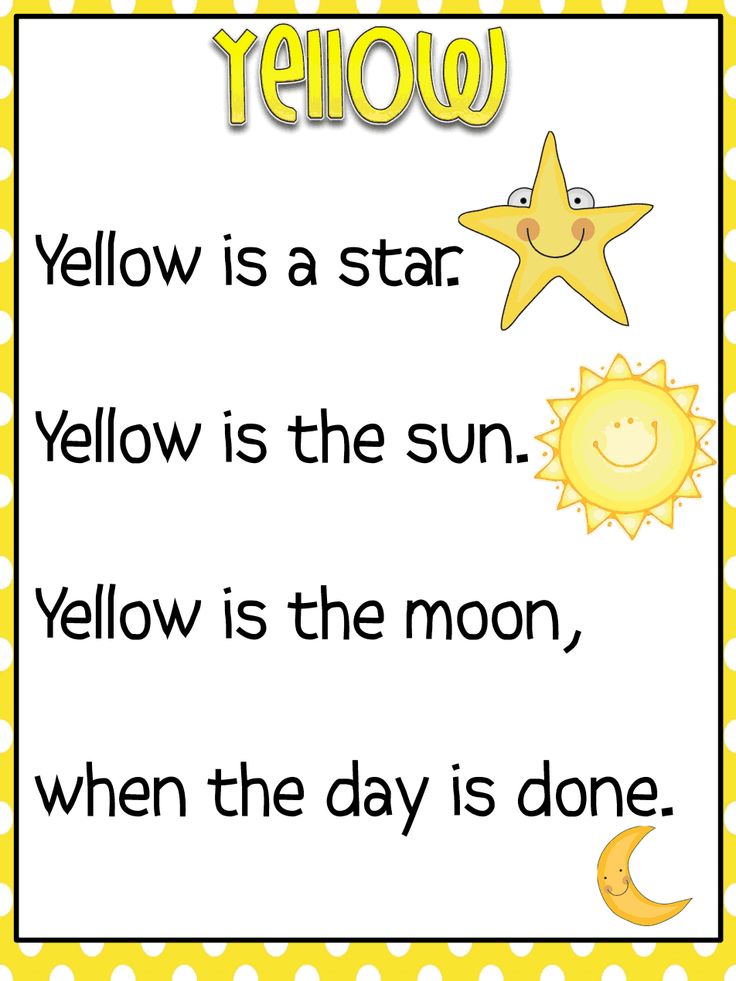 .. (weed).
.. (weed).
The boxer cut his eyebrow with a blow,
And immediately ran ... (blood).
Brought the ship of athletes to the port,
They went to ... (court).
There was a crumb left on the table,
I fed the birds ... (Proshka).
The roses ran away from the flowerbed,
Very prickly... (roses).
In the morning dew fell -
Go out to the meadow ... (spit).
Horses competed at the races,
Children rode in the park ... (ponies).
The cat licked all the sour cream,
He wiped it with his paw ... (mouth).
There was a donut on the table -
I caught the smell ... (mouse).
In the realm of fairy tales, a ball is gathered -
There were both old and ... (small).
The big boss needs a folder,
And, of course, in winter, of course… (hat).
If children are walking in the park,
Do not break at the bushes ... (branches).
Kitty's muzzle warms in the sun.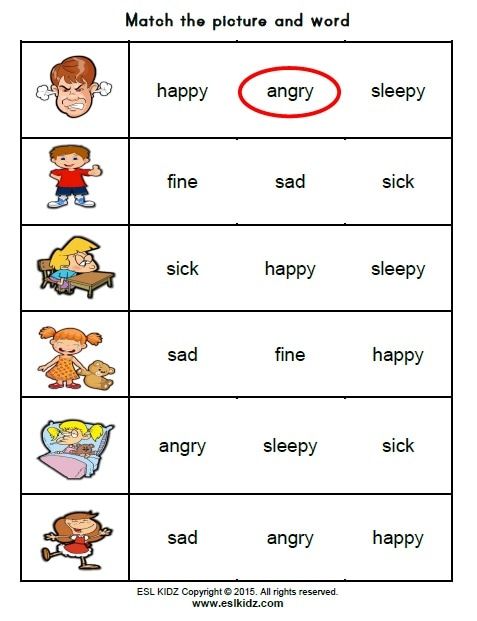
“Whiskas” is filled with delicious ... (bowl).
Natasha baked a cake,
Our…(Rex) loves them very much.
The clown took off his funny cap,
Grandfather planted in a fairy tale ... (turnip).
There is a school desk in the last row,
There is a pen, a textbook and ... (map) on it.
We will put on a mask for the carnival,
A soldier will put on a battle ... (helmet).
The mouse saw the crust -
Dragged it into ... (mink).
Artur began sawing the log,
He hurt himself…(knee).
A drop was falling down from the sky,
He is not afraid of her... (heron).
Faith's cutting was not successful,
Now it is in the magazine ... (troika).
Mila made a salad,
Washed her…(robe).
The cold is very terrible for a hare,
But even more terrible ... (hunger).
Bought sour cream Gleb,
Bought Vasily ... (bread).
Slowing down time,
The old .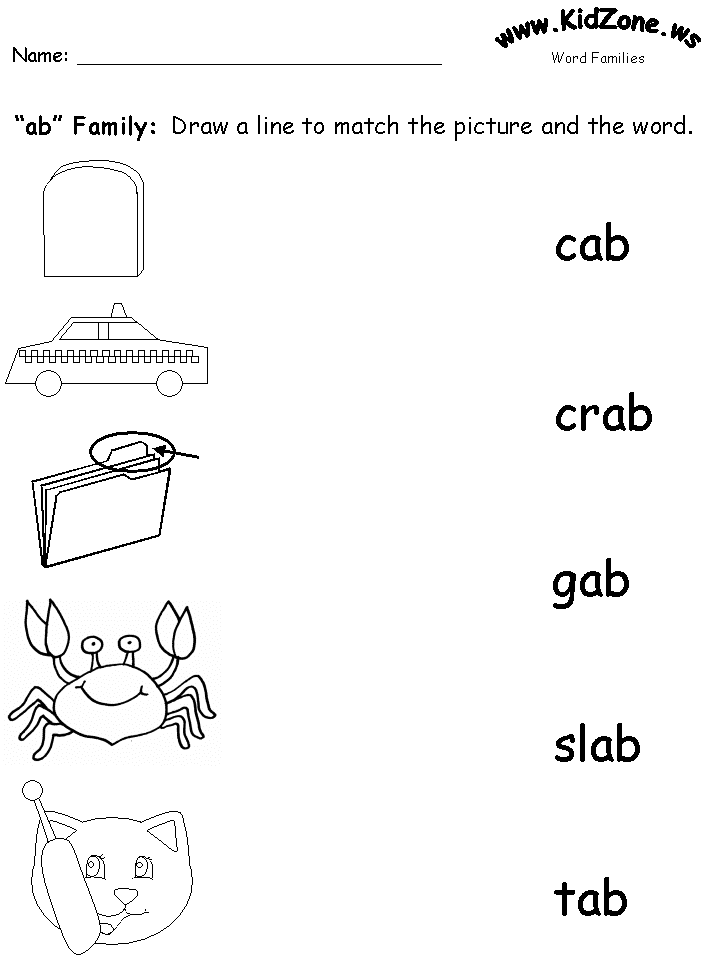 .. (year) is leaving us.
.. (year) is leaving us.
The hop blossoms luxuriantly in spring,
... (bumblebee) sits on it.
That guys start fights,
Don't believe it! It's just - ... (lies).
A puppy ran in the meadow,
Lena wove for him ... (wreath).
There lived a giant in the world,
And he had ... (pelican).
Strict norm for a soldier:
Always ironed ... (uniform).
Arseniy pultik took in his hands,
He wanted to see ... (cartoon).
The border guards have a post,
Under guard they have ... (bridge).
Daddy calls Ira:
“My daughter is…(honey)”.
Fedya loves fat very much,
Everything is for him, poor fellow, ... (not enough).
They like kitty serials,
Buy in "Trek" ... (discs).
Vika brushes her teeth in the morning,
Then she paints brightly…(lips).
A cloud floated across the sky,
In the river splashed ... (pike).
The baker bakes bread for the table for us,
Gives out medicine - .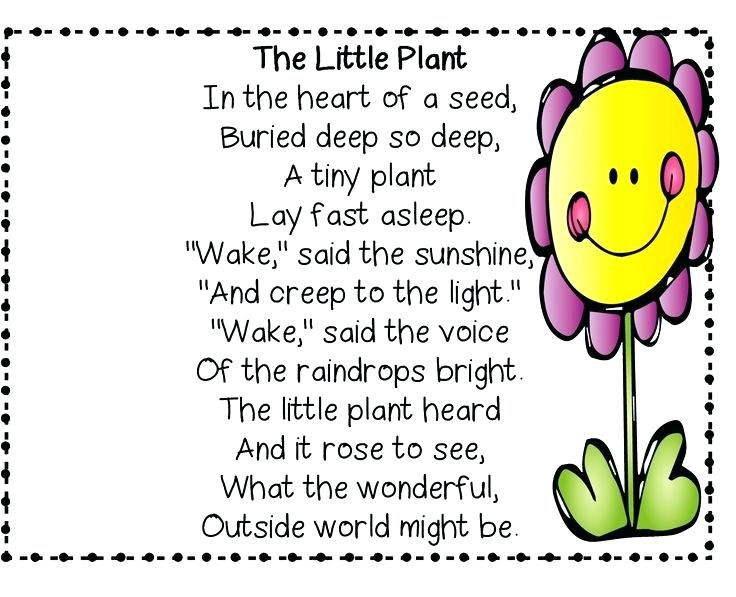 .. (healer).
.. (healer).
There is sand on the river bank,
And there is ... (wood) around.
The boat did not reach the target,
It ran into ... (stranded).
Petya hands with soap soap,
All microbes quickly ... (washed away).
A cat was sitting on the window
And meowing… (a little bit).
The children were running, jumping
And in the evening everyone ... (tired).
Look - a steam locomotive,
He's wagons ... (carried).
On a large green branch
Squirrels are sitting ... (children).
| Like |
Author: Ekaterina
Hello! My name is Ekaterina and I am glad to welcome you to the site " Speech Therapy for All " If you liked the materials of the site, then you can subscribe to new publications by RSS or Email.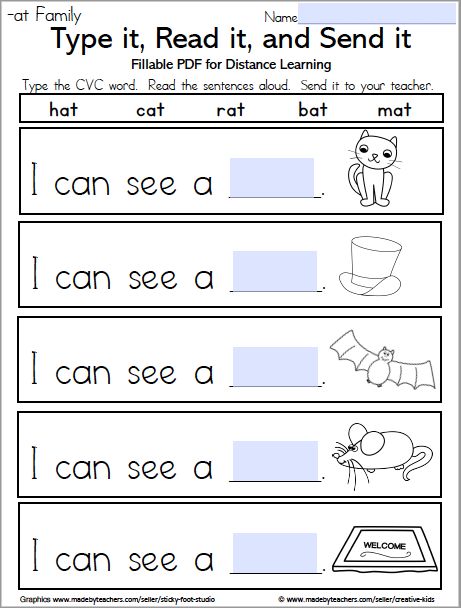 Also join our speech therapy group at Facebook and Vkontakte .
Also join our speech therapy group at Facebook and Vkontakte .
The author has published 485 articles.
Previous material from the rubric -
- Phonetic warm-ups
- The specifics of correctional and developmental work in the conditions of a social rehabilitation center for minor children
- Experience in diagnosing children with general speech underdevelopment [1 language level]
Headings: Speech therapist to help Tags: speech therapy games
Learning rhymes with a child. Rhyming games for children's speech development
Purpose: form an idea of the rhyme
Tasks:
Clarify the concept of tongue twister.
To develop diction in children.
Introduce the concept of "rhyme".
To teach to invent the simplest rhymes for words.
Learn to work together, together, amicably.
Materials and equipment : ball, cards from the book “Speech games game library. Issue 11. We play rhymes. Games for the development of phonemic perception»
1. Speech warm-up
Dictionary exercise: pronounce intonation, highlighting the highlighted word in turn:
We are playing with words - we compose together,
We play with words - we compose together ,
Our meetings are good, we have fun from the heart!
We play with words - we compose together,
Our meetings are good , have fun from the heart!
Children with teachers remember what a tongue twister is and why it is needed. Then they, at will, pronounce any tongue twisters.
And learn new ones:
Buying a parrot,
Buy without fear:
Frightened parrots
Wake up the whole neighborhood.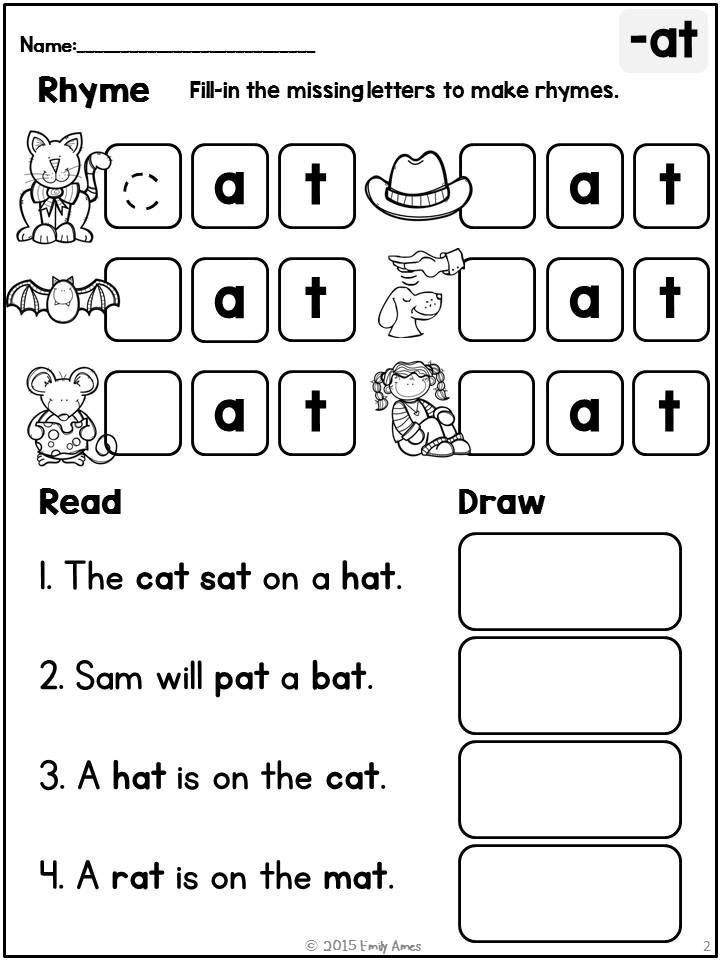 (Heinrich Wardenga)
(Heinrich Wardenga)
There was a drama at the ball:
Noble Cavalier
From under the nose of a noble lady
Stole one eclair.
And another eclair,
And another eclair,
And one more eclair -
Here's your cavalier. (Peter Sinyavsky)
2. Speech situation
Conversation
Educator: Have you ever tried to become an echo? How does echo respond to questions? I'll ask, "What time is it now?" And is it for me?
Children: An hour! Hour!
Educator: That's right, "Hour!" That's how you are: if you become an echo, then answer the questions as it is. And to make it more fun, clap your hands when answering. The answer is two claps at the same time.
Caretaker (children)
Get ready, kids! (ra-ra)
The game is on! (ra-ra)
Don't be sorry for your hands (lei-lei)
Hand clap more fun (lei-lei)
What time is it now (hour-hour)
What time will it be in an hour (hour-hour)
And it's not true, there will be two (two-two)
Think, think, head (wah-wah)
How the rooster sings in the village (uh-uh)
Yes, not an owl, but a rooster (uh-uh)
Are you sure so (so-so)
How is it really? (how how)
What is twice two? (two-two)
My head is spinning! (wah-wah)
Is it an ear or a nose? (nose-nose)
(host holding ear)
Or maybe some hay? (carriage-carriage)
Is that an elbow or an eye? (eye-eye)
(leader points to elbow)
But what do we have here? (us-us)
(leader points to nose)
You are always good (yes-yes)
Or only sometimes (yes-yes)
Do not get tired of answering (chat-chat) when answering “no” fine
Please be quiet (-)
Game over.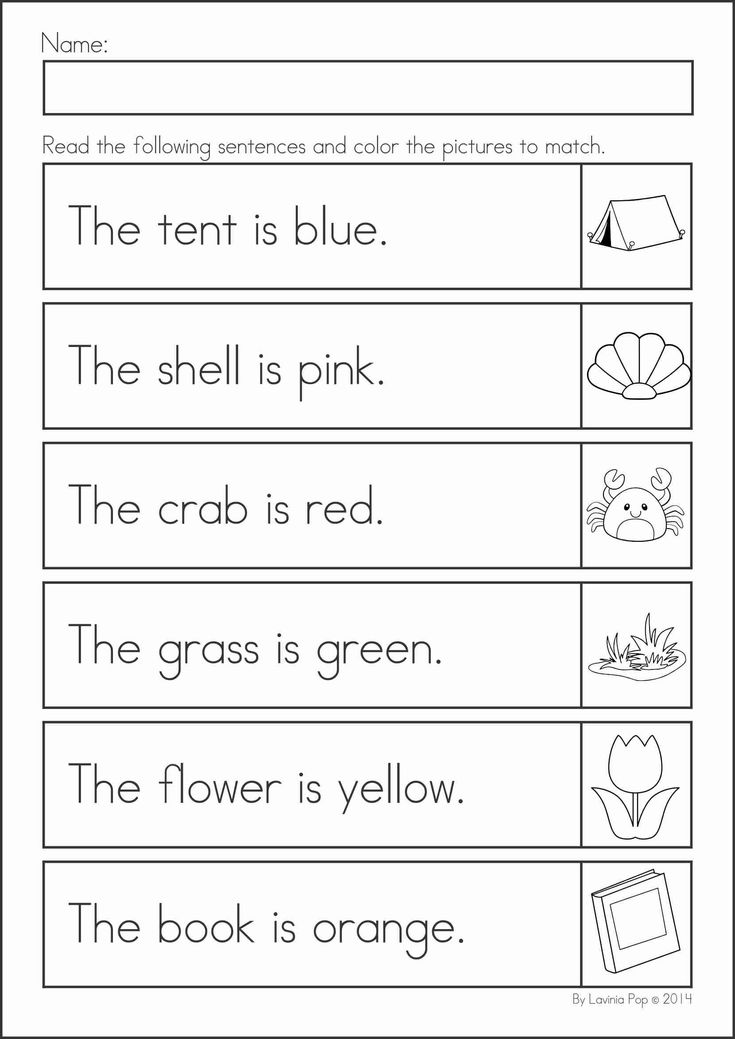 And those who have "blundered" and gave their phantom to the presenter are waiting for a fun task to be completed.
And those who have "blundered" and gave their phantom to the presenter are waiting for a fun task to be completed.
Educator: Since ancient times, people, writing proverbs, riddles, tongue twisters, tried to decorate these works of oral folk art, rhyming the ends of lines.
Thanks to rhyme, verses are collapsible. Rhyme is when words end the same way. For example, a cat - a spoon, a bump-mouse, a spruce-strand, a rose-mimosa, a sideboard-stool, an owl-head, a river-stove, etc. These words sound like the last syllables. Such ends of words are called rhymes.
Rhyme - consonance of the ends of poetic lines.
After that, the children find the rhyme in the poems "Firs" and "Vanechka the shepherd"
Eli
Fir-trees on the edge
To the top of the sky -
I listen, they are silent,
Looking at grandchildren.
And grandchildren - Christmas trees,
Fine needles -
At the forest gate
Dance.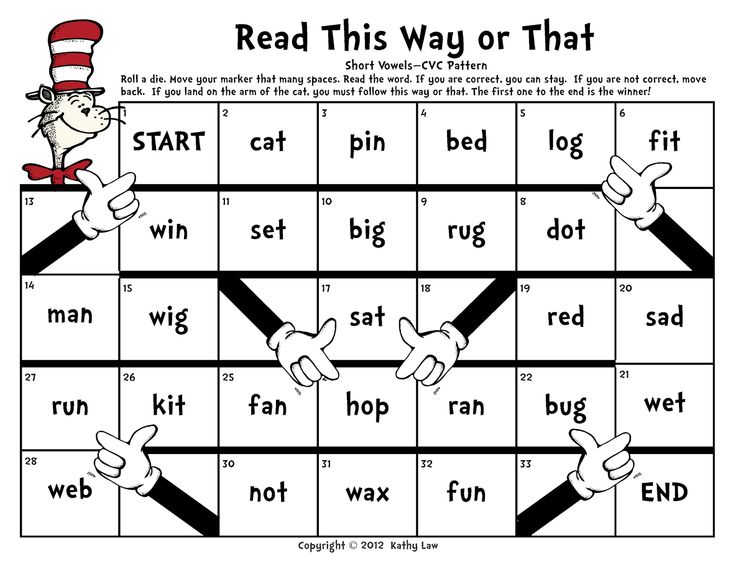 (Irina Tokmakova)
(Irina Tokmakova)
Vanechka is a shepherd
Sheep are standing in the meadow
Wool rolled into rings,
And plays for the sheep
A little man on the flute.
This is Vanya, the shepherd!
He has good hearing.
He hates the wolf too,
He won't hurt a lamb,
No matter what.
Vanya be a violinist! (Yunna Moritz)
Think of a rhyme game
Educator: Guys, I have a rhyming ball in my hands. Let's play rhyming words.
I give a word, throw a ball, and whoever catches picks up a rhyme.
Friend (bow), crow (crown), business (boldly), shed (loaf), house (gnome), sleep (ringing), pillow (frog, bun, cheesecake, toy, girlfriend), path (bast basket, potatoes , cover, okroshka), pencil (jumble, hut, gouache, mirage, crew) ...
Match-up game
Educator: Now look carefully at the pictures in front of you and find the words that rhyme with each other.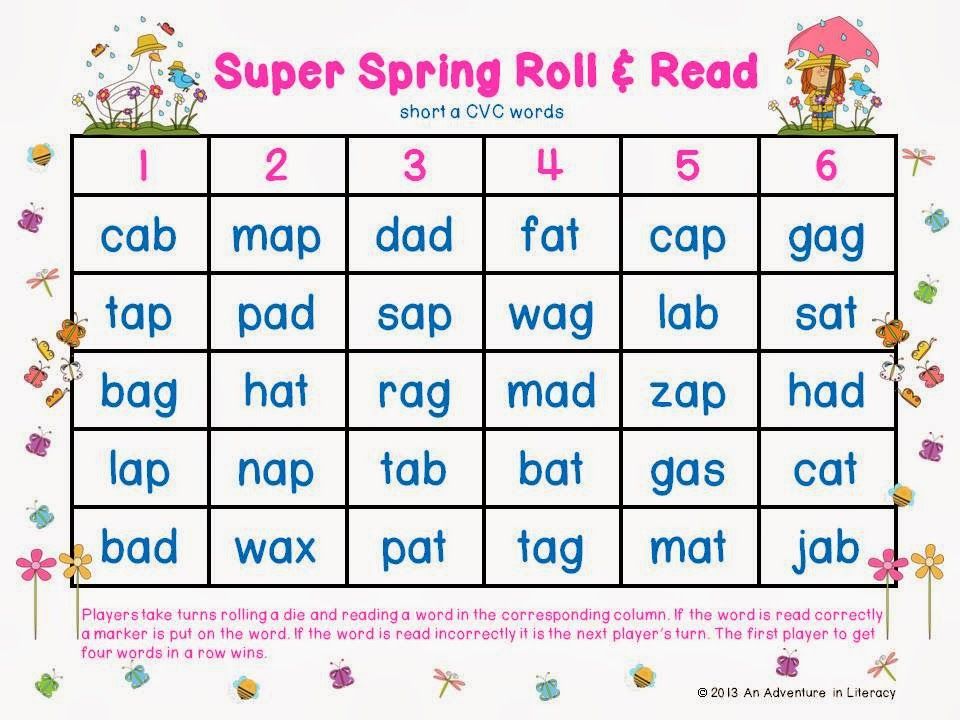
Educator: There is another game for you.
I will start poetry now
I will start and you will finish
answer in unison.
Gray wolf in dense forest
I met a red-haired ... (fox).
Where did the sparrow dine?
In the zoo with ... (animals).
A cock with a prickly hedgehog
Cut fat with a sharp ... (knife).
Not scratchy, light blue,
Hung in the bushes ... (hoarfrost).
In winter, there are apples on the branches!
Get it together!
And suddenly - apples fluttered.
After all, this is ... (bullfinches).
Game "Suggest a word" based on a poem by John Ciardi.
About amazing birds
Outdoor
passerby
I saw yesterday.
He was carrying a box,
On drawer
Written: “Game”.
I am two blocks away
followed him
(Believe me, I'm not lying).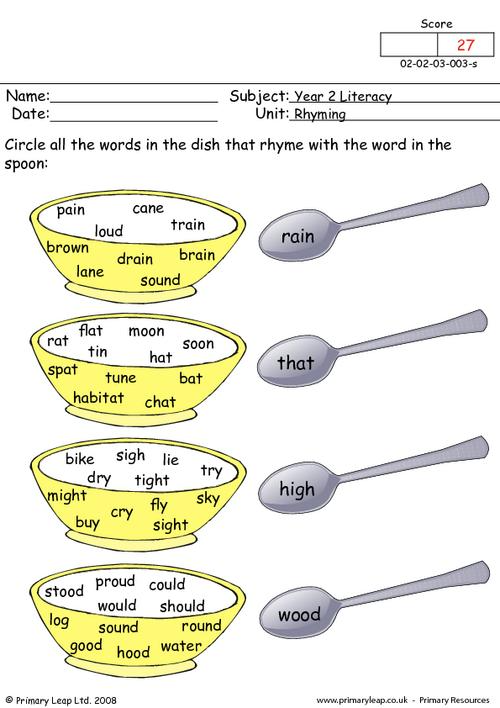
Finally
Asked him:
How to play
In game?
he smiled
Polite,
Then he answered me:
Sure
What is a game
You haven't met yet.
Two birds
Amazing
Available in my box.
And if you want,
That's with you
We will play together.
And so that we
We could start
You must remember
What is dissimilar
These birds
SIMILAR TAILS.
Catch
Such funny birds -
Very hard work.
No wonder people
Smart
Their rhymes
Name.
Indeed,
Nimble birds
From a large box
Suddenly started
Pull out
Top
Behind the word, the word.
One got
The word NAIL,
Other immediately -
GUEST and CANE.
One got
Word SAD,
Another phrase:
LET IT GO!
One got
Word ELEPHANT,
Around the age of 4-5, children discover that many words sound coherent and rhyme with each other.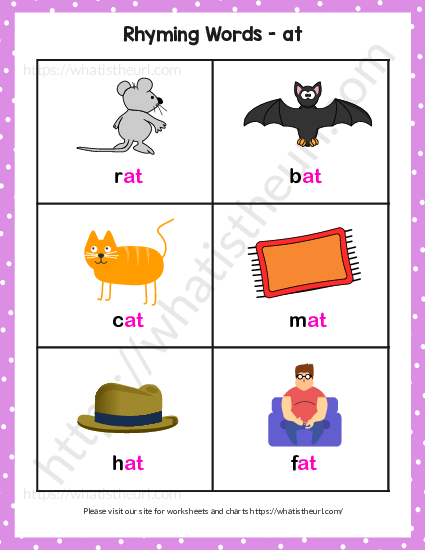 Speech games, including rhymes, not only teach writing techniques, but also replenish the active vocabulary.
Speech games, including rhymes, not only teach writing techniques, but also replenish the active vocabulary.
In addition, it is very fun to rhyme in one line or even a poetic work of words that are not related in meaning! After all, you can make sense. For example, what does “cat” have to do with it when we said “spoon”? This is how funny poems are born...
Play rhyming with your children. And we will suggest some simple but exciting games for given rhymes.
“Secret transmission”. Pick up the ball and agree with the child that you are scouts. One scout passes a secret packet (ball) with a password to another. The second scout must say a response - a rhyme to the password, and then come up with his own password to transmit the secret package. You can complicate the game by connecting more participants to it, and even increasing the pace - for example, “get on your nerves”, counting out loud “one ... two ... three!”.
“Rhymes to the theme”. Prepare two jars or boxes and a few chips.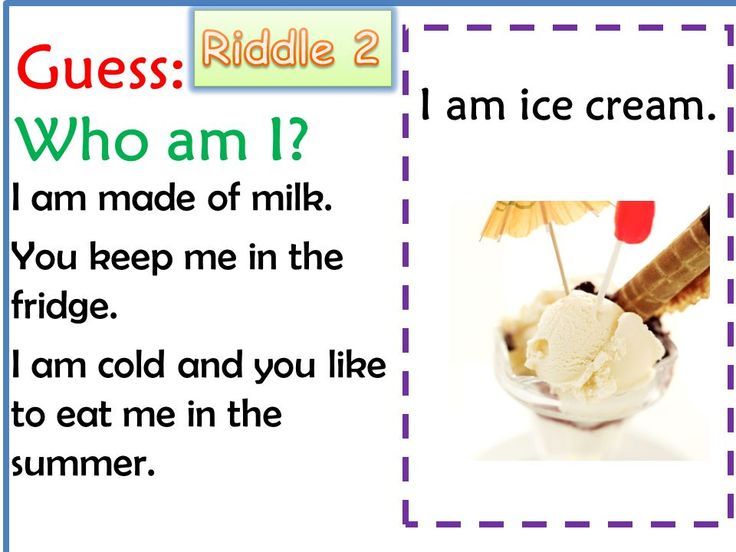 Agree on what topic you are rhyming about, let's say "nature". Who remembered the rhyme - he puts a chip in his jar. Bear-bump. Bush crunch. Who is bigger?
Agree on what topic you are rhyming about, let's say "nature". Who remembered the rhyme - he puts a chip in his jar. Bear-bump. Bush crunch. Who is bigger?
“Talking pictures”. Looking at illustrations in any books, choose pictures and come up with rhymes for them. Complicate the game: think and say a rhyme aloud, and let the child find in the picture the object for which you chose the rhyme.
“Rhyme in image”. Fantasize! Depict rhyming objects, animals, phenomena with the help of plasticine sculptures, applications, crafts. Create an exhibition of rhymes - and make riddles for your guests! For those guests who find more rhymes at your exhibition, prepare special prizes.
“Rhyme one, rhyme two, dizzy”. Come up with children with poems, the beginning of which is given only in the first line. Some rhymes for words are easy to pick up, but fitting them into the rhythm of a poem is a more difficult task. Develop along with rhyme, and your baby will never have problems with rich figurative speech!
Poems are the first literary works that children get to know. From birth, babies were always sung lullabies, told nursery rhymes, jokes. Our ancestors did not know the mechanism of the influence of poetic forms on mental development. It was intuitive. Mothers lulled newborns with lullabies and entertained them with jokes. Scientists of the 20th century proved the influence of early communications with a child on his speech development.
From birth, babies were always sung lullabies, told nursery rhymes, jokes. Our ancestors did not know the mechanism of the influence of poetic forms on mental development. It was intuitive. Mothers lulled newborns with lullabies and entertained them with jokes. Scientists of the 20th century proved the influence of early communications with a child on his speech development.
Children who were read books from birth began to talk earlier than those who were left to themselves.
He hears his mother's speech, gets used to it, eventually recognizes individual words, feels the rhythm of speech. Emotionally colored speech attracts attention.
All this is of great importance for the formation of his own speech after a short time. Rhymed nursery rhymes and jokes are perceived best. Children love rhythm and expressive reading. Words that are similar in pronunciation are easier to remember due to associative links. Parents are surprised when at an early age children immediately memorize poems.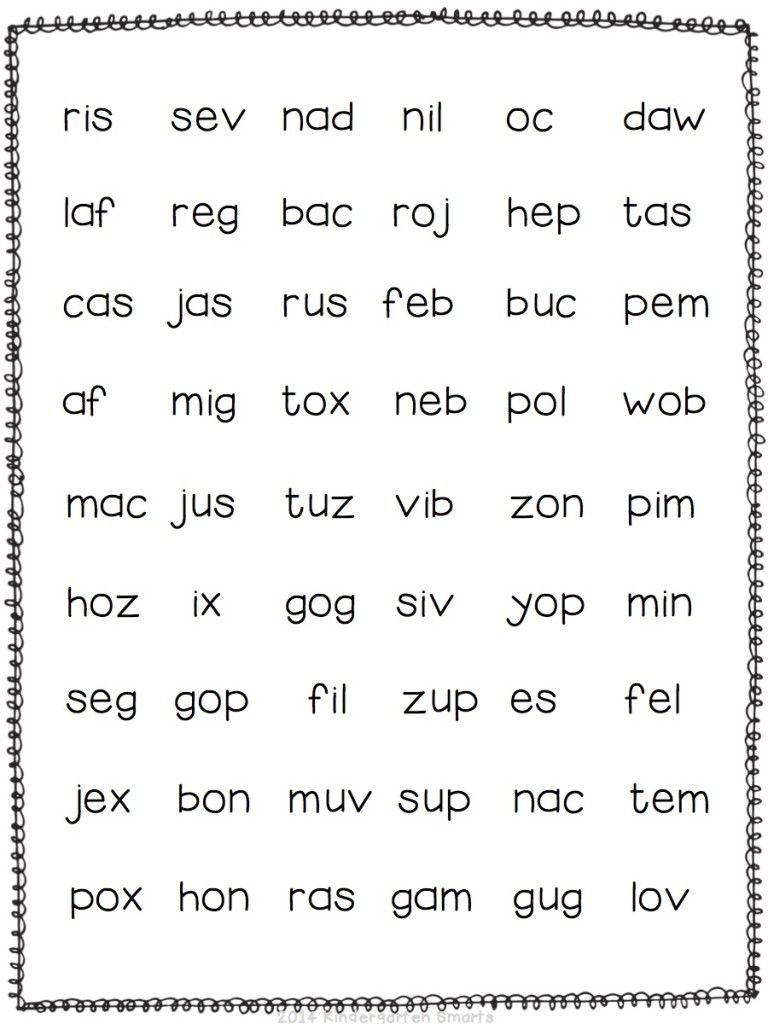 This is a very good brain training, you need to support the kids in every way to repeat, and later - to the selection of rhymes. It's fun and most importantly, it's useful.
This is a very good brain training, you need to support the kids in every way to repeat, and later - to the selection of rhymes. It's fun and most importantly, it's useful.
Rhymes develop phonemic awareness, auditory perception and language sense.
Rhymes for children up to 3 years old
Their baby begins to distinguish from speech quite early. Reading must be accompanied by facial expressions. Rhymes should be simple: bull - barrel, cat - mouth, ball - jump .
Very useful for the formation of a sense of rhythm are such rhymes that you can choose yourself for almost any action:
- sha-sha-sha-sha-sha, the porridge was good ;
- zhu-zhu-zhu-zhu-zhu, I'm friends with the guys ;
- goo-goo-goo-goo, I'll run away quickly etc.
The meaning here is secondary, the main thing is rhythmic speech and repetitive syllables. With older children, on the basis of such “tambourines”, you can come up with games for the first versification.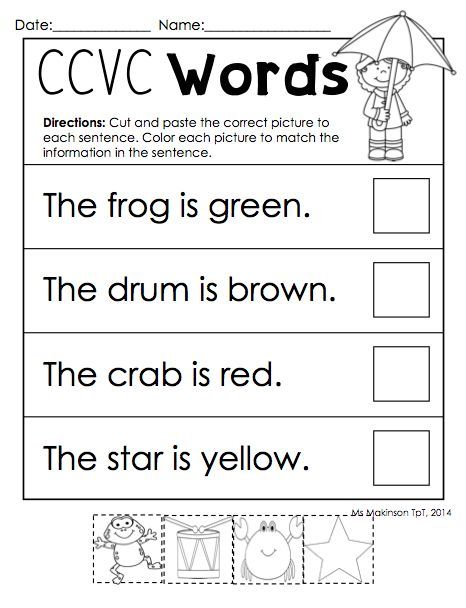
Rhyme for preschool children contributes to faster memorization.
You can use short poems for educational and educational purposes. For example, learn the colors of a traffic light and their meanings, the names of animals, fruits, vegetables, etc. With the help of poetic texts, you can memorize almost any material.
How to explain the concept of rhyme to a child
Rhyme is a combination of the melody of words that have the same stressed vowels. In children's poems, common exact rhymes are usually used: sun - window, cat - mouth, bridge - growth , etc. More complex, original rhymes are found in older poetry.
Types of rhymes
- Men's. The stress falls on the last syllable (home - young) .
- Women's. The stress is on the penultimate syllable (gold - rich) .
- Dactylic. The stress falls on the third syllable from the end of the word (pothole - depression) .
- Hyperdactylic.
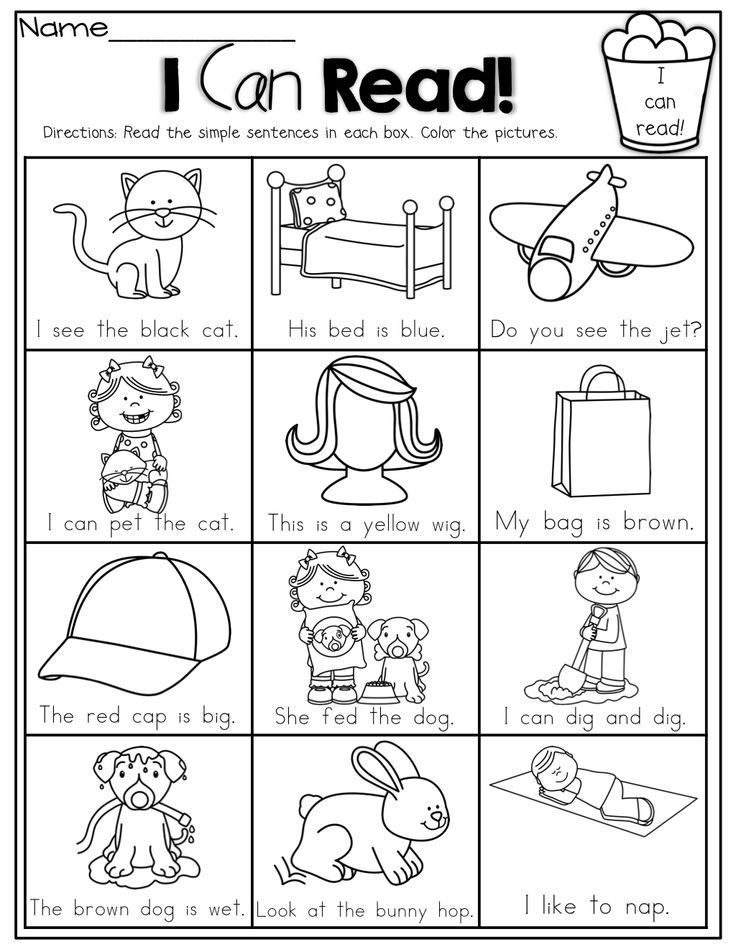 The stress falls on the fourth or subsequent syllable (stretch out - touch) .
The stress falls on the fourth or subsequent syllable (stretch out - touch) .
To explain to a child what rhyme is, one can give an example familiar to many from the fairy tale “Dunno in the Sunny City”.
Recall that the main character decided to start writing poetry and picked up rhymes for words. The poet explained to Dunno that words should end the same way. As a result, Dunno rhymed "stick" and "herring".
Thus, it is not enough for words to have the same ending.
Definition for children! Rhyme - these are words similar in sound: Masha - porridge, nut - seagull, concrete - token and others.
Words do not have to end in the same way - the main thing is that they are combined with each other (icy - does not go) .
The sequence of teaching preschoolers to compose rhyming texts
Preschoolers from 3 to 5-6 years old have a penchant for versification. They really like the combination of words, word creation is actively manifested when children come up with their own words that are understandable only to a narrow circle of people.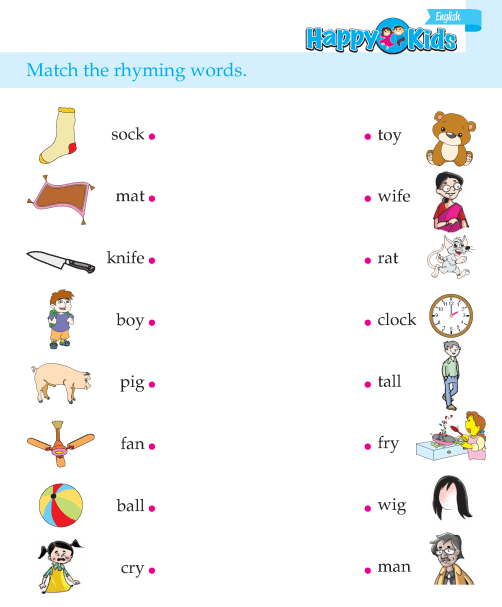
Verbal experiments should never be interfered with. On the contrary, you need to support the child in finding rhymes and writing. This forms a sense of the beauty of speech, the native language and develops the imagination.
The formation of interest in poetic texts will help the child to better understand and perceive poetry in the future.
Stages of teaching rhyming texts to preschoolers
1. Children need to be introduced to the algorithm for creating rhyming text. First, they are introduced to the concept of rhyme and its location (at the end of the line).
An approximate algorithm that can be offered to a preschooler from 4 years old:
1) Once upon a time...
2) Who or what was their name...
3) What did you do?
4) Conclusion. Everything that can be said about the object.
The algorithm changes depending on the theme of the poem and the objectives of the lesson.
2. Creation of a simple algorithmic poem with an adult.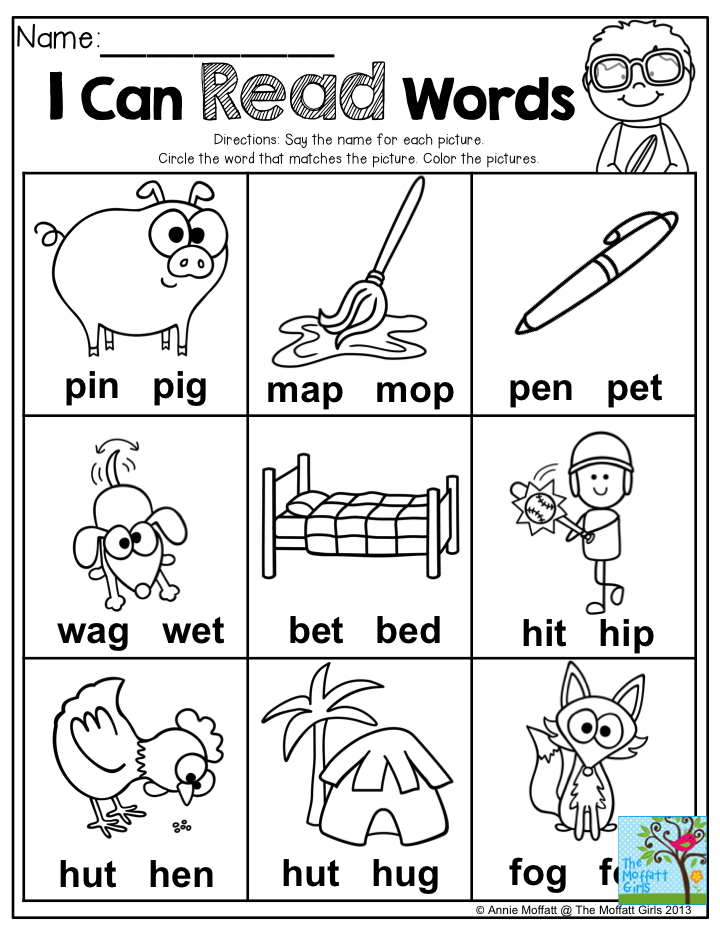
3. The child tries to come up with a short poetic text on his own. You can’t push a preschooler, make fun of his attempts or put too much pressure. The process should captivate the baby. If he fails, an adult helps. Sooner or later, the child himself will learn to pick up rhymes.
Burime: examples of rhymes for children
Burime - composing poems on given rhymes. This literary game appeared in France in the 17th century. Entertainment quickly gained popularity. The nobles competed with each other in wit. Now this game is undeservedly forgotten.
Classic game rules:
Rhymes must be heterogeneous;
They must not be changed;
The theme of the poem is agreed in advance.
For children, of course, the game is adapted to the age and individual abilities.
Preschoolers can be encouraged to write their own poems.
A couple of rhymes are selected, then with these words you need to come up with sentences. For example, take a pair of "nibbles - crawls" .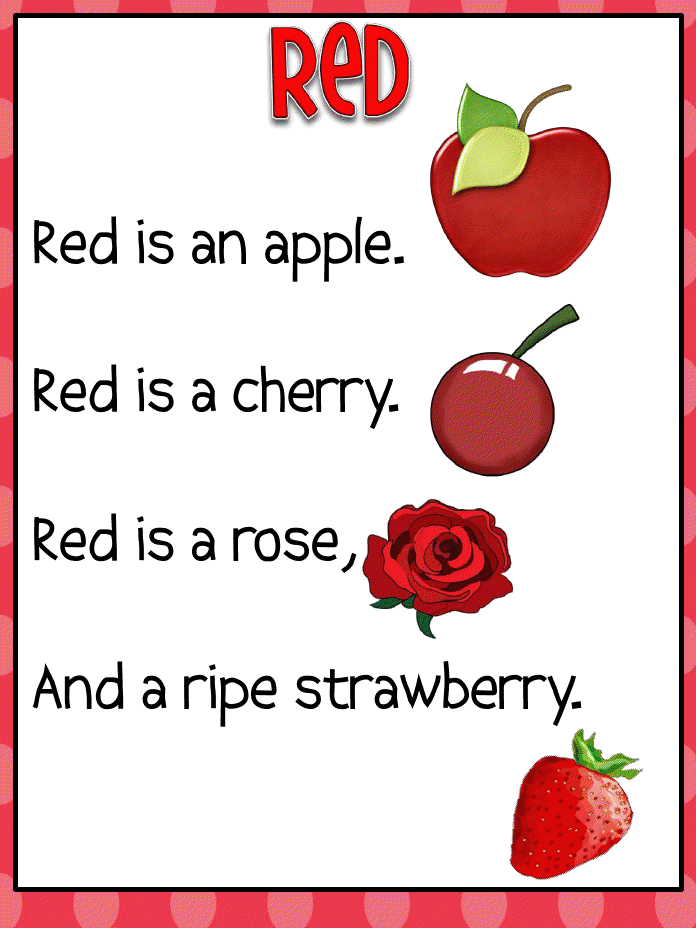 First, the child comes up with the first sentence. Usually it turns out a simple non-common sentence like "The puppy nibbles." An adult with leading questions helps to complete the sentences. Questions might be:
First, the child comes up with the first sentence. Usually it turns out a simple non-common sentence like "The puppy nibbles." An adult with leading questions helps to complete the sentences. Questions might be:
How is the puppy feeling?
What do puppies usually chew on?
Where is the puppy chewing?
Work with the second sentence continues on the same principle.
Something like this may turn out:
A cheerful puppy chews a bone loudly,
The gray mouse quietly crawls into its house.
A child will remember such poems of his own composition for a long time.
Rhyming games for preschoolers
Preschool children learn everything through play. Classes for the selection of rhymes can be carried out not only at home. They can be used as a leisure activity on the road, on a walk or in a long queue. This will entertain the child and help the development of speech.
Rhymes for preschool children will be a great alternative to a tablet or cartoons.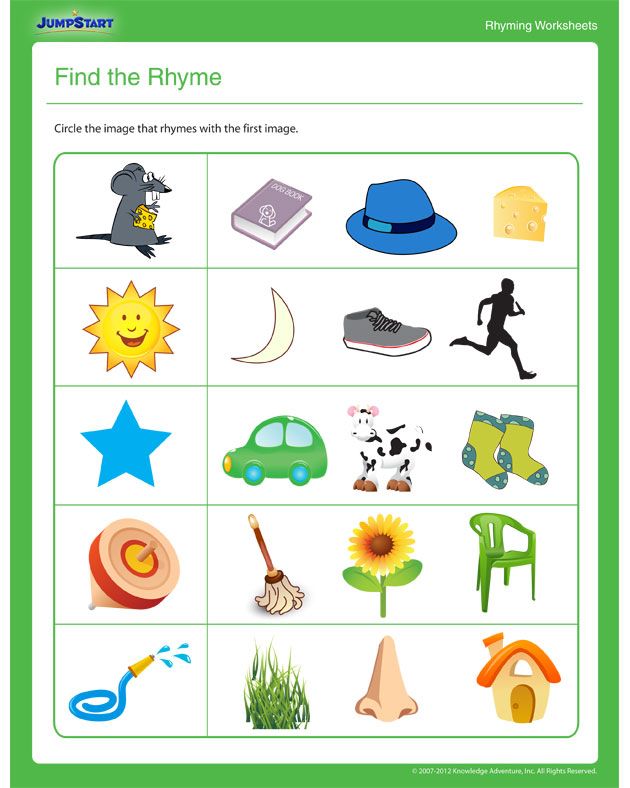
1. The pictures show objects that rhyme with each other. The child must connect them with lines. You can make these tasks yourself or purchase a ready-made manual.
2. In kindergarten, and later in elementary school, funny riddles for children with answers in rhyme are widely used.
I am in a dense forest
I saw a red ... (fox).
Seeing the boy for the first time:
I ran across the clearing ... (bunny).
All girls and boys
3. The child is asked to find rhyming pairs among word chains.
Cat, house, mouth;
Sleep, drink, whale;
Shepherd, rooster, package.
4. A game for two or more children - come up with as many rhymes as possible for a word. The word must be short and known to all participants.
5. An adult pronounces repeated syllables. It stops when the child says a rhyme. Examples:
- ha-ha-ha-ha-ha - leg ;
- ba-ba-ba-ba-ba - trumpet ;
- la-la-la-la-la - yule .
Reading children's poems and their own first poems will contribute to the development of speech in preschoolers and develop creative abilities.
Reference:
Materials prepared by the Federal educational service "InPro" ® (License of the Ministry of Education and Science 22L01 No. 0002491). We prepare children for school throughout Russia in 40+ centers and online, including in the city. Classes in your city.
Free hotline: 8 800 250 62 49 (from 6 to 14 Moscow time).
Support the project - donate 49 rubles. via secure money transfer from Yandex:
- Vkontakte:
Academy of educational games. For children from 1 to 7 years Novikovskaya Olga Andreevna
Match the rhyme
Ask your child to help write short rhymes. Say the words of the couplet, stopping at the last word. The last rhyme word is selected together with the baby (he needs to be offered a choice of 2 words).
Where are you going, Marina?
In the forest where the ripe…
The poem offers a choice of berry names: “raspberries” and “blueberries”.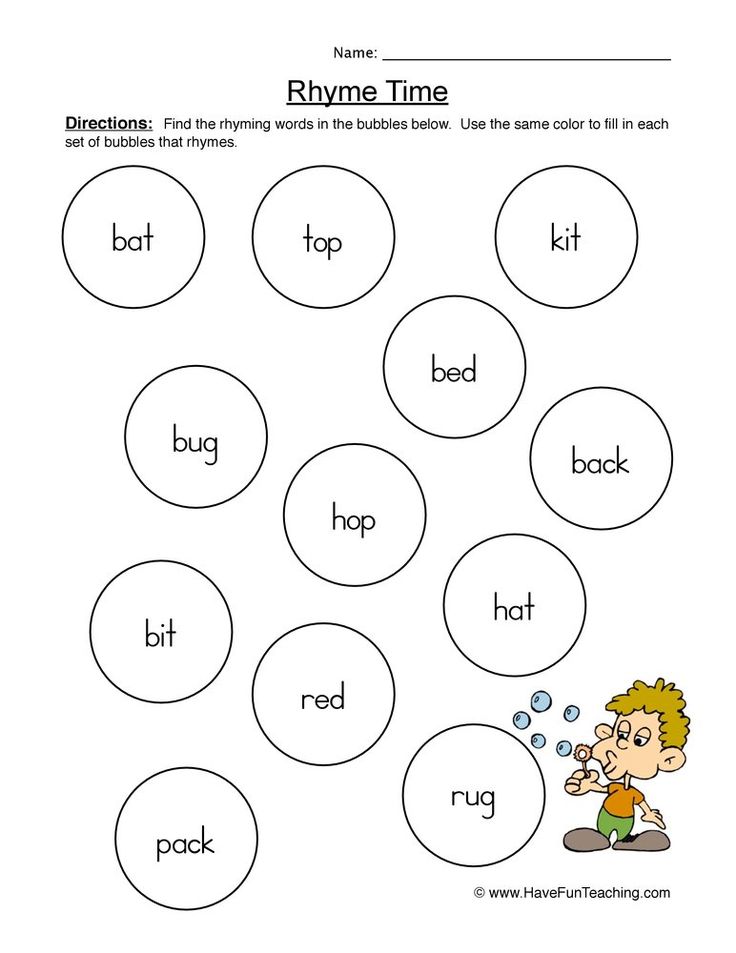 If the child finds it difficult to make a choice, then the adult pronounces a couplet first with a non-rhyming word, and then with a rhyming one, inviting the child to choose the one that sounds better. When the rhyme word is chosen, the child repeats the rhyme on his own: “Where are you in a hurry, Marina? In the forest, where ripe raspberries.
If the child finds it difficult to make a choice, then the adult pronounces a couplet first with a non-rhyming word, and then with a rhyming one, inviting the child to choose the one that sounds better. When the rhyme word is chosen, the child repeats the rhyme on his own: “Where are you in a hurry, Marina? In the forest, where ripe raspberries.
Couplet examples:
We bought a cat
For the holiday… (Bow, boots)
I made a shirt for a bear.
I will sew him… (Jacket, pants)
We will wash now,
Need soap, need… (Powder, basin)
My sister
Long… (Pigtails, ponytails)
On a swamp
Grew up… (Berries, mushrooms)
We visited the forest,
We saw there… (bear, fox)
sat by the window
Grey… (Cat, dog)
I have a heavy load,
I am bringing home… (Apples, watermelon)
I will buy you… (Pie, kalach)
Presented to a bear
Happy Birthday… (Typewriter, books)
Tears flow from Oksanka:
Her.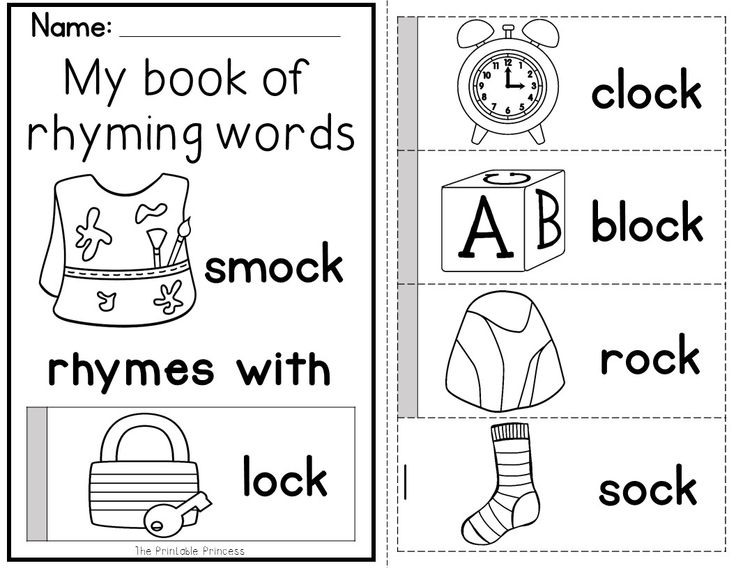 .. (Skis, sleds)
.. (Skis, sleds)
The dog brought a bouquet to the goat -
Satisfying her... (Dinner, lunch)
The kitty was bitten by a fly,
Kitty hurts... (paw, ear)
The game activates attention, develops speech hearing, teaches the child to choose rhymes.
From book Encyclopedia of Early Development Methods author Rapoport Anna
Pick up the cap Slowly unscrew caps and stoppers from bottles and jars of various sizes. Show your child how to fit and screw on the lids. Then stir the lids and arrange the bottles and jars on the table. Have your child find the lids for each
From book Academy of developing games. For children from 1 to 7 years old author Novikovskaya Olga Andreevna
Match to shape Prepare three balls, three cubes, three bricks, three prisms of the same color. Arrange all these items on the table separately.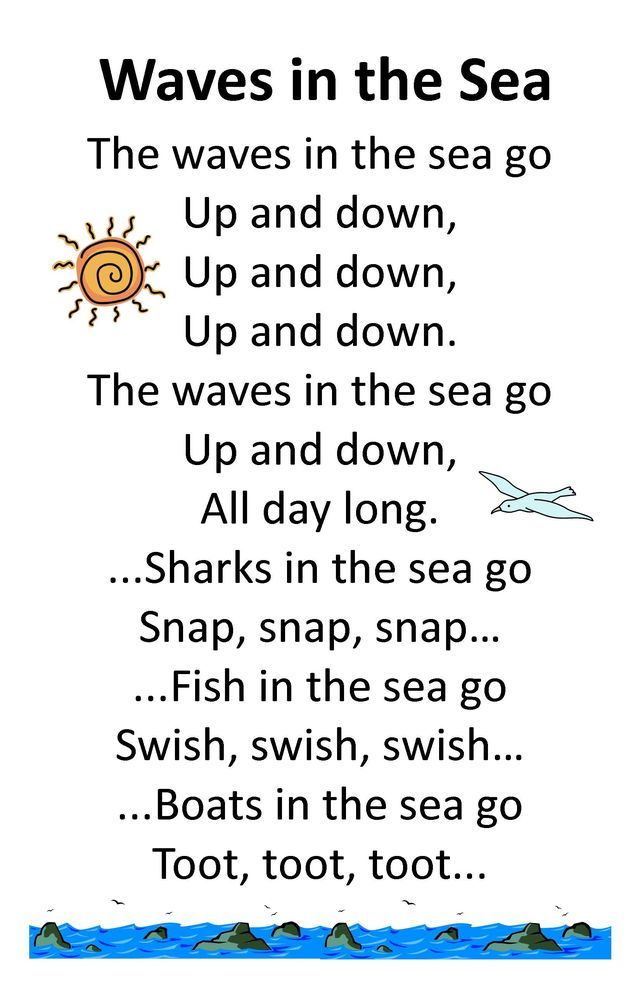 Show your child how to choose only cubes among objects. At the same time, say: “This is a cube. And here's another cube. And the same cube.
Show your child how to choose only cubes among objects. At the same time, say: “This is a cube. And here's another cube. And the same cube.
From book author
Pick up cover Prepare three or four small boxes of various shapes and sizes with removable lids, for example, square, round, rectangular, triangular, oval, heart-shaped ... Place the boxes on the table and remove the lids. Offer the child again
Mastering the concept of rhyme by preschoolers with OHP
Purpose: the formation of children's ideas about rhyme, the development of children's speech through the use of an artistic word, through the use of poetic rhyme.
Tasks: to develop the ability to select a rhyme that is similar in meaning to a prepared quatrain, the ability of children to invent short quatrains, create a joyful mood, positive emotions, cultivate interest in poetry, poetic creativity.
Brief description: this material is intended for conducting GCD with older preschoolers and children of primary school age.
Mastering the concept of rhyme by preschoolers with OHP. Guidelines
With the development of phonemic perception, children with speech disorders, listening to the sounds of speech, comparing words according to sound patterns and finding similarities and differences in them, learn to feel the rhythm, rhyme, participate in the formation of language instinct. Their favorite exercises are game rhymes.
I bring to your attention the material that I use in my work.
Topics: “Sound [r]”; "Related Words"
Our fins would grow,
We would swim like ... (fish).
I would wave my flexible tail
And frolic like ... (fish).
Here he picks crumbs off the hook
Very small ... (fish).
Swims up, looking for food,
Large ... (fish).
"Eh. Lost my catch! -
I got angry ...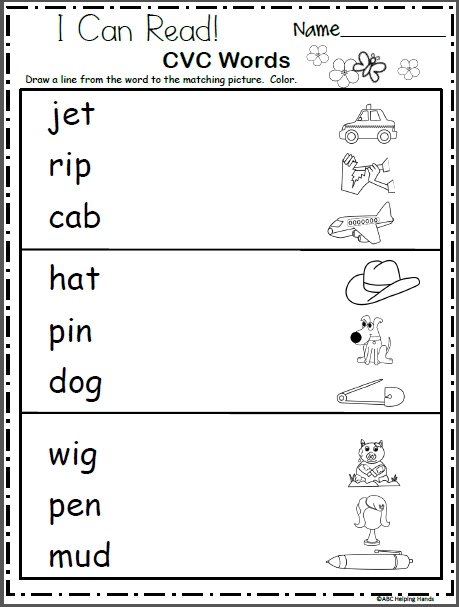 (fisherman), -
(fisherman), -
The fish does not bite in any way,
It can be seen that I am bad ... (fisherman).
Almost crying from resentment,
But he sits all day ... (fishing).
The fisherman is terribly sorry,
What failed ... (fishing).
Speech therapist reads a poem, children add the sound combination TRY:
Our sister's kittens are s... ry, their paws are fast,
Their claws are sharp, their fur coats are dog... ry, and their eyes are hi... ry!
"Pot of porridge" (sound automation [l])
Children pronounce the syllable LA in incomplete words.
Boiling porridge in a pot..,
Hissing.., puffing..,
Lifting the lid..,
And crawling out...
With a hundred.., then with a hundred..,
corner.,
The whole apartment is occupied..,
Carefully the door is open..,
Roll down the steps..,
Float along the way..,
Burned Masha porridge..,
Dasha’s porridge crawled into her mouth…
And ran into our pockets. .,
.,
Run into our sleeves…
And drip down the fingers of a hundred…
Our entire city was flooded…
Miracles! Well de...!
Rhymeball
Guys, let's play soon.
We will choose different words!
Say any words, okay?
But only such that it turns out ... (smoothly).
Speech therapist throws the ball and pronounces a word, the one who catches the ball answers with a word consonant with the name: stove - river, sheep, candle, heart, porch, ring;
bird - titmouse, match, tablet, pigtail ...
"Help and deceiver"
Rhyme can be a help. By rhyme, you can guess, for example, what kind of animal it is.
Instead of wool, the needles are all over,
The enemy of mice is prickly ...
The beast wears a horn on its nose
And is called ...
Among the animals is reputed to be a king,
He is called fearless ...
A log floats along the river.
Oh, and it's furious!
Those who fell into the river,
Bit off their nose .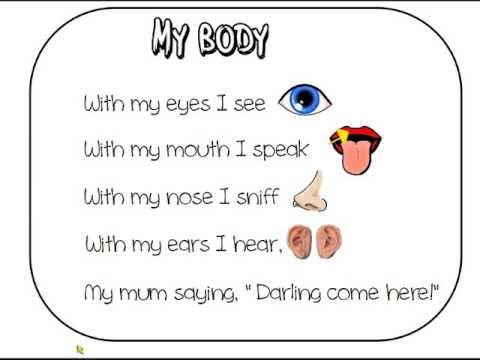 ..
..
Can swim all day
In ice-cold water ...
He knows a lot about sheep
Ferocious gray ...
He is lucky on himself
Own house ...
And here are the verses with a rhyme-deceiver: one word is guessed, and the rhyme suggests a completely different one.
What the master says,
He will calmly repeat.
Ah yes voice, ah yes hearing!
What a smart girl…
Honey with raspberries is a dish
Food for...
I dig a hole day and night,
I don’t know the sun at all,
You won’t find my eyes…,
And my name is…
Underground, breaking through a hole,
Sleeping tired ...
Lives calmly, not in a hurry.
Wears a shield just in case.
On land and in water -
Everywhere it is its own,
Live at least three hundred years
Maybe ...
On two legs from all chases
The swift-footed one will rush off ...
Here, guys, miracles -
Brings honey to the hive ...
"Rhymes"
Two stacks of paired pictures are selected for the game.